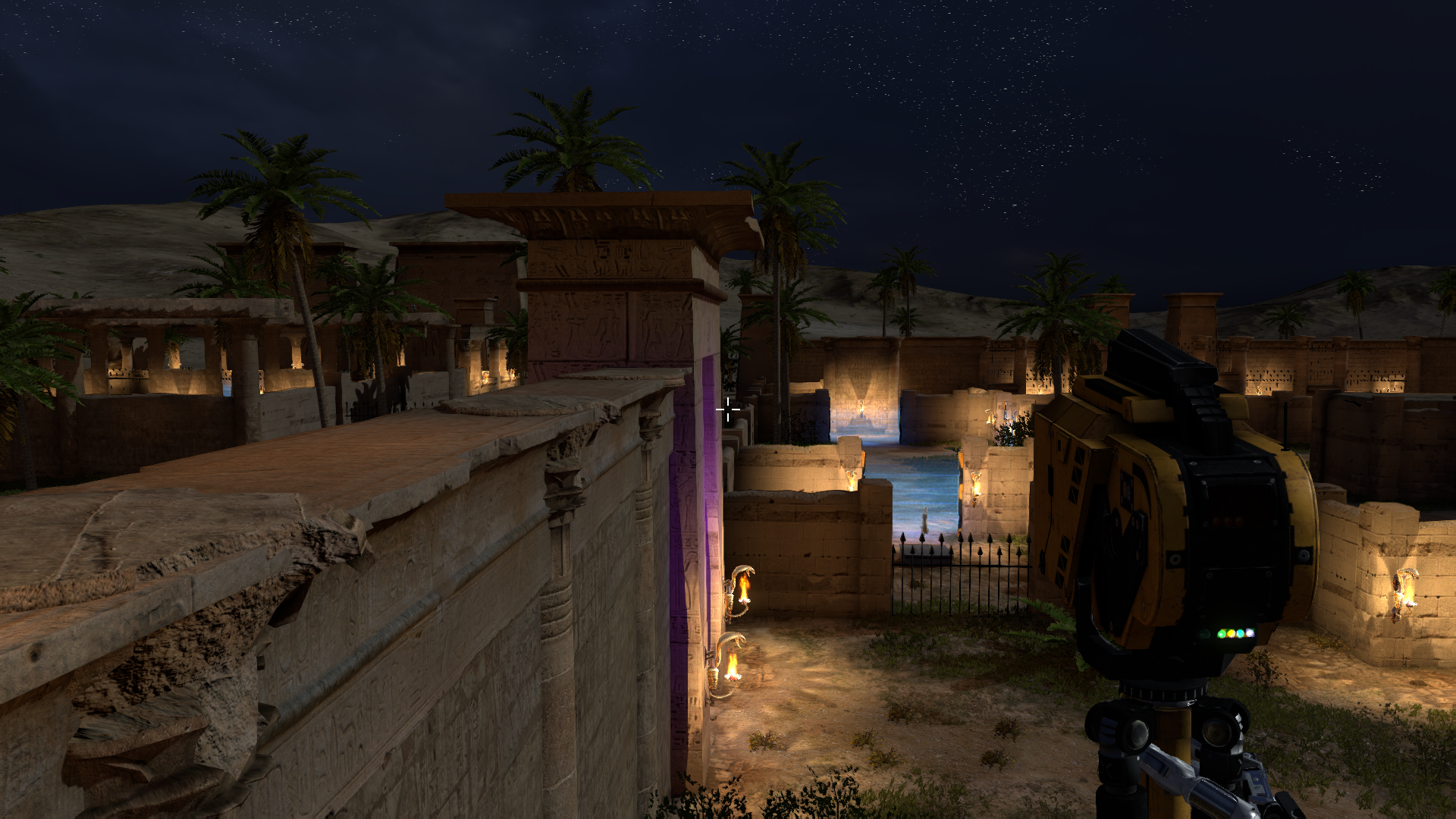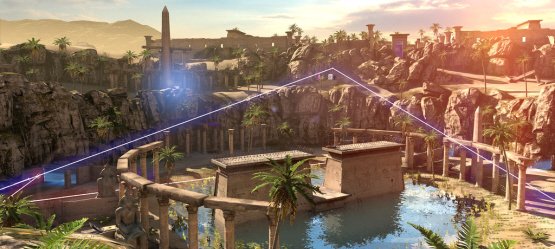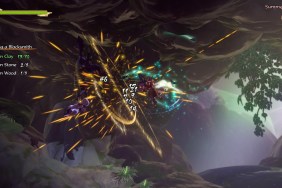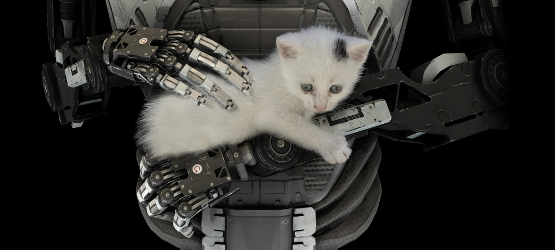
Would you believe me if I said the developers of the Serious Sam franchise created a game that makes you think about the nature of existence? Well, it’s true. The Talos Principle has been ported over to the PlayStation 4 a good 10 months after its release on PCs. We’ve spent some time with it, and have our review ready for you below.
Loud Beginnings
You begin the game as an unnamed humanoid robot. Things immediately start feeling biblical as a deep, disembodied voice that calls itself Elohim gives you your purpose. You are tasked with solving puzzles and collecting sigils, which are floating tetromino (of Tetris fame) pieces. Collect enough of these, and you can unlock a new area. Rinse and repeat, with a very familiar warning — you are told to never climb a large tower that reaches up into the clouds, and to listen to Elohim’s instructions. Do so, and you are guaranteed eternal happiness. Of course, all is not as it seems, and you meet a “character” via a computer terminal who hints at this.
It appears the world of humans as we know it today no longer exists in the world of The Talos Principle. A virus has wiped us out, and so the robot that you awaken as has been tasked with proving its worth to carry on humanity’s legacy. Topics of faith, authority, environmental issues, and the meaning of existence are touched on in between puzzles. It’s kind of crazy when you think that the last game by Croteam before this was Serious Sam 3: BFE.
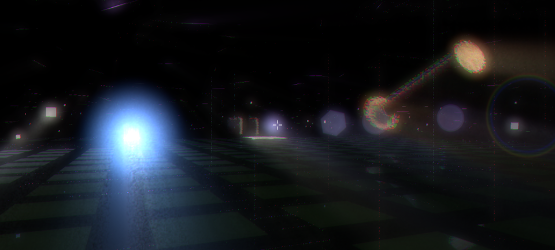
Easy Does It
Puzzles in The Talos Principle start out insultingly easy. If you made it through either of the Portal games, the first dozen or so puzzles in this game will be a walk in the park. There’s only a handful of mechanics for so long, it becomes somewhat of a chore to get to the meat of the game. But trust me when I say it’s worth the grind.
You see, partway through the game you unlock this device that generates snapshot-like recordings of yourself that you can use in tandem with your current self in order to complete a puzzle. Think Echoshift or Ratchet & Clank Future: A Crack in Time, and you get the idea. This mixed with the other laser-focusing and cube-stacking mechanics makes for some decently challenging puzzles towards the end of the game; you’ll feel accomplished if you manage to grab every single tetromino.
A cursory glance of The Talos Principle actually looks pretty good. The game’s color palette is highly varied, and certain elements such as the sky are very detailed. Yet, upon closer inspection, the graphics are fairly basic. Foliage looks low-res, in stark contrast to most of the stone structures, and smoke is a sprite-based affair. There’s occasional frame tearing, and things will slow down if the action onscreen is too particle-filled. There is a cool mixture of ancient-styled architecture and futuristic technology, which provides for a consistently interesting look throughout the entirety of the game.
Awkward but Fun
Croteam used the Serious engine, which was made for first-person shooters. This game is a first-person puzzler, and as such a few things feel off. It appears there is some sort of corrective mechanism built into the camera. If you’re walking for a while with the camera pointed up or down, it will reset itself to be perfectly level on its own. It’s a bit jarring, but you get used to it after a while; just keep moving your view with the right stick and you won’t have your gaze automatically moved away. Jumping can also be a little awkward, but thankfully there is an auto-aim for puzzles that require it.
This being the Deluxe Edition of The Talos Principle, the DLC Road to Gehenna has also been included. This features a different robot, named Uriel, and a completely separate but related story to go along with more puzzles. It’s a good collection and adds to the meat of the game, ensuring several more hours’ worth of gameplay for those thirsty for more puzzles.
The Talos Principle may be one of the best puzzle games of the year. Sure, it starts out pretty slowly, the first dozen or so of the game’s 120+ puzzles are laughably easy, and the controls may be a little awkward, but these are minor flaws in the bigger scheme of things. There’s an entertaining and thoughtful story about not just humanity, but what it means to be alive. If you want to flex your brain and start thinking about time in a Echoshift/Ratchet & Clank Future: A Crack in Time way, as well as wax philosophical with a computer terminal, The Talos Principle will keep you entertained for quite some time.
Review code for The Talos Principle provided by publisher. Reviewed on PlayStation 4. For more information on scoring, please read our Review Policy here.
-
Solid puzzles
-
Countless secrets to find
-
Philosophical story
-
Really slow start
-
Odd control quirks
The Talos Principle Review
-
The Talos Principle_20150923222703

-
The Talos Principle_20150923222905
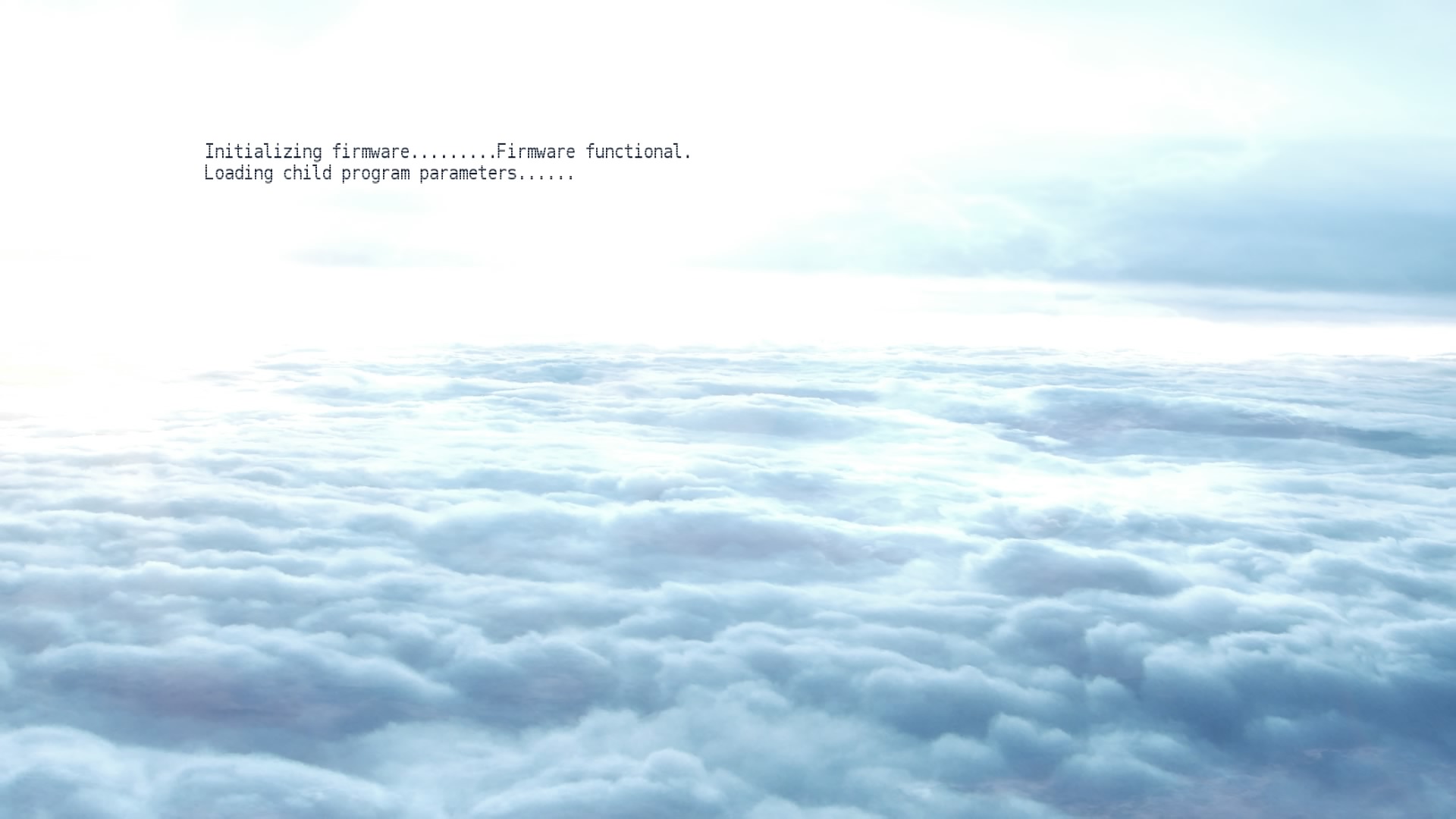
-
The Talos Principle_20150923222931
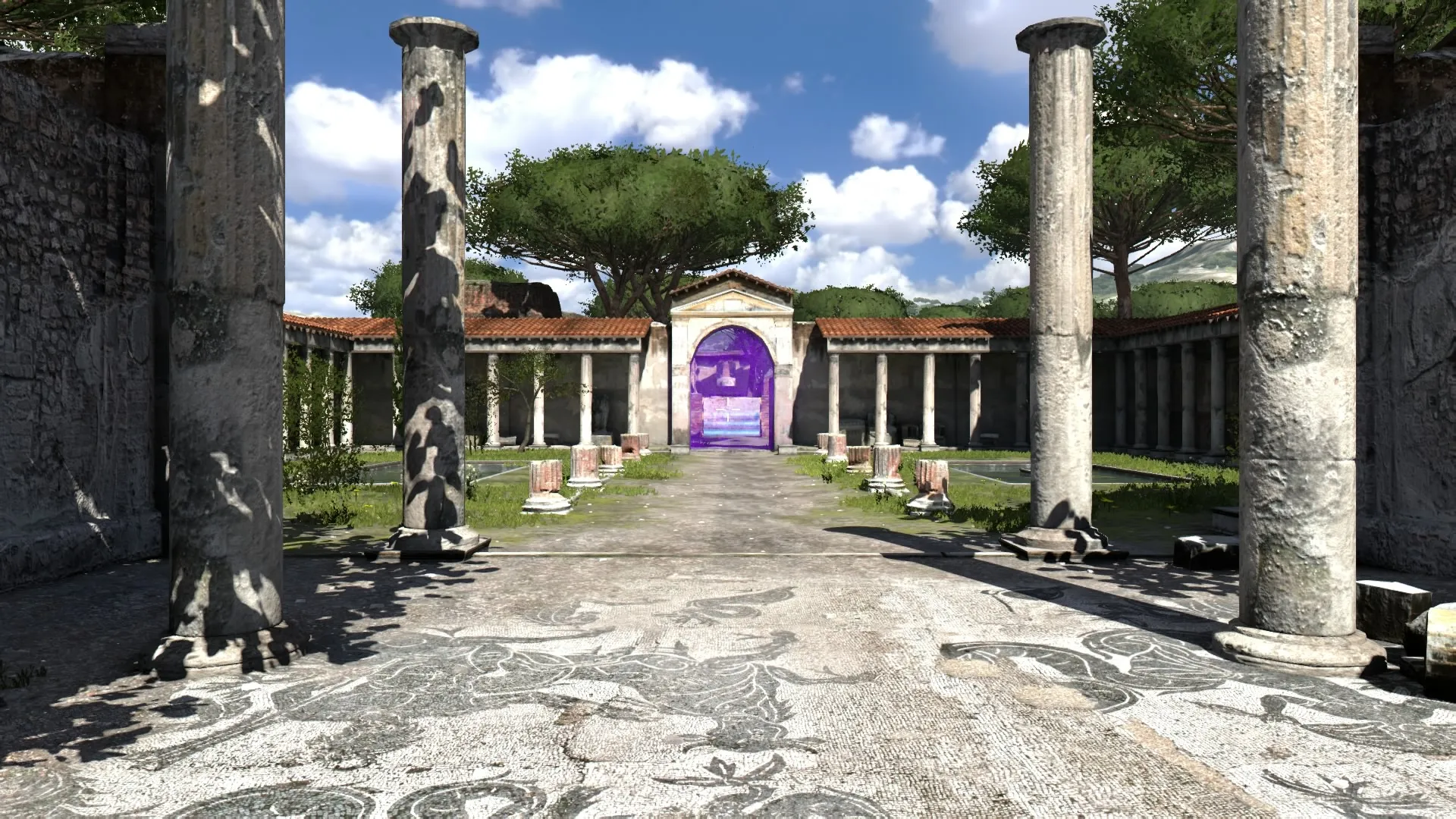
-
The Talos Principle_20150923223431
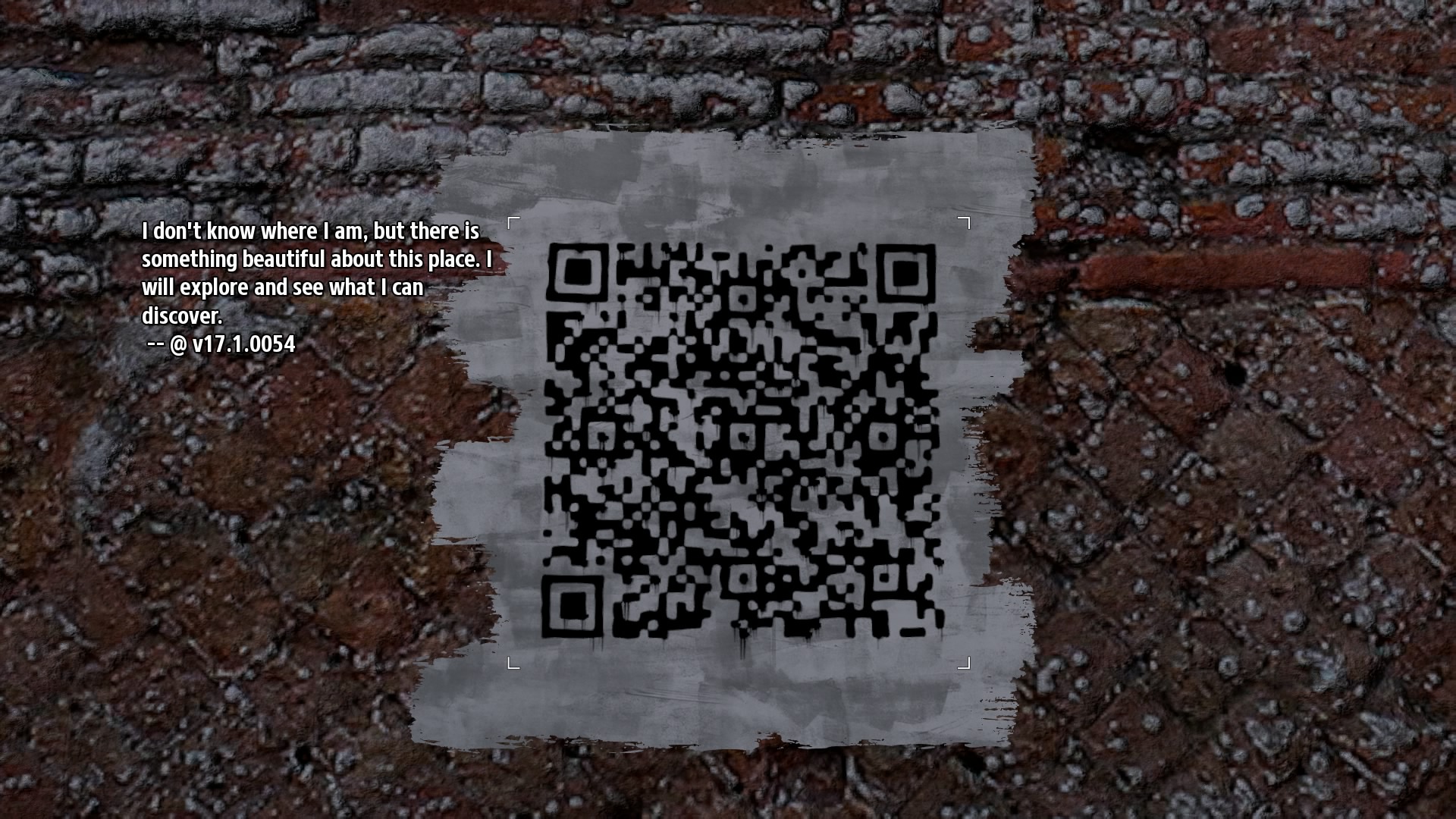
-
The Talos Principle_20150923224001
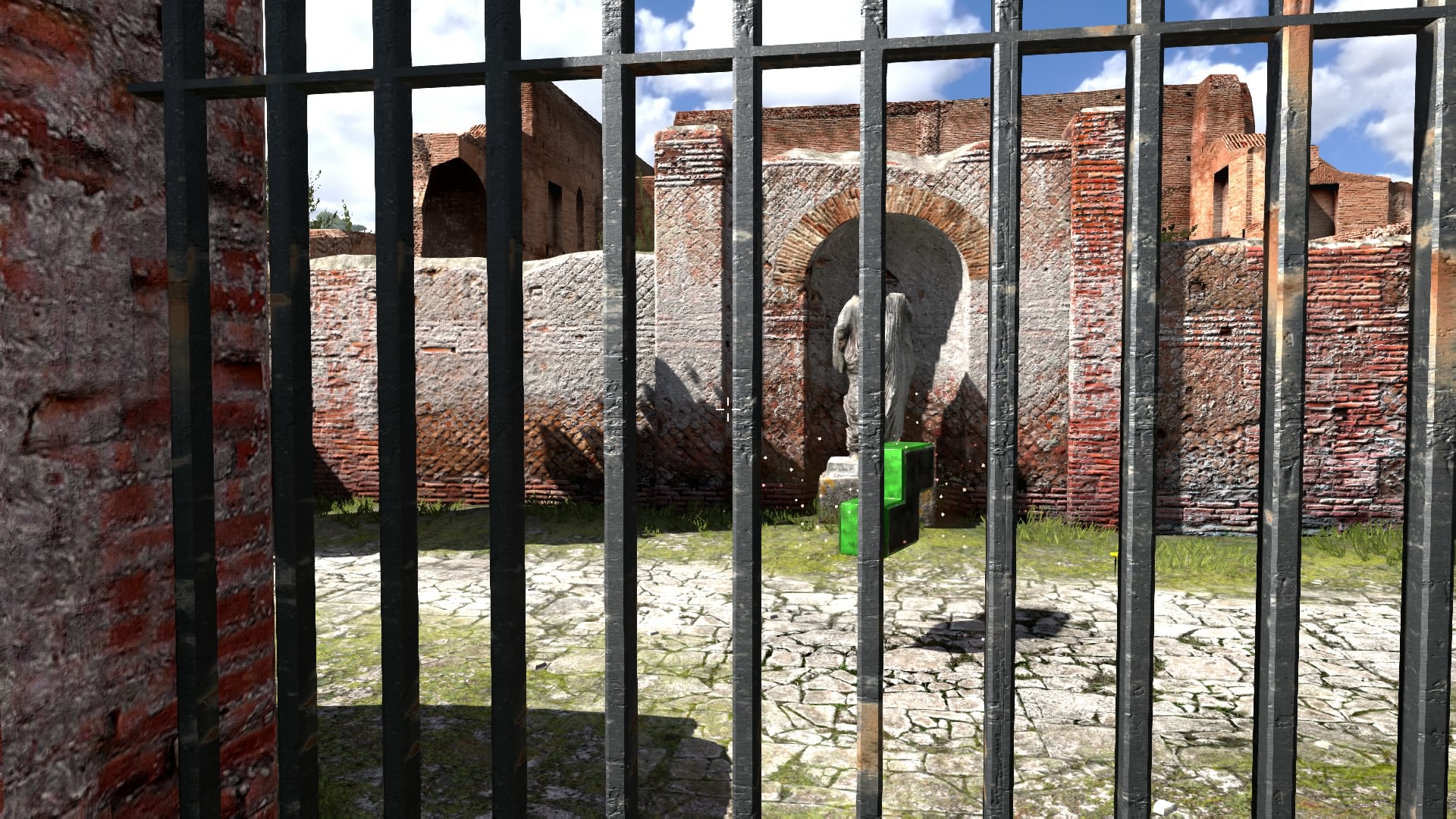
-
The Talos Principle_20150923224810
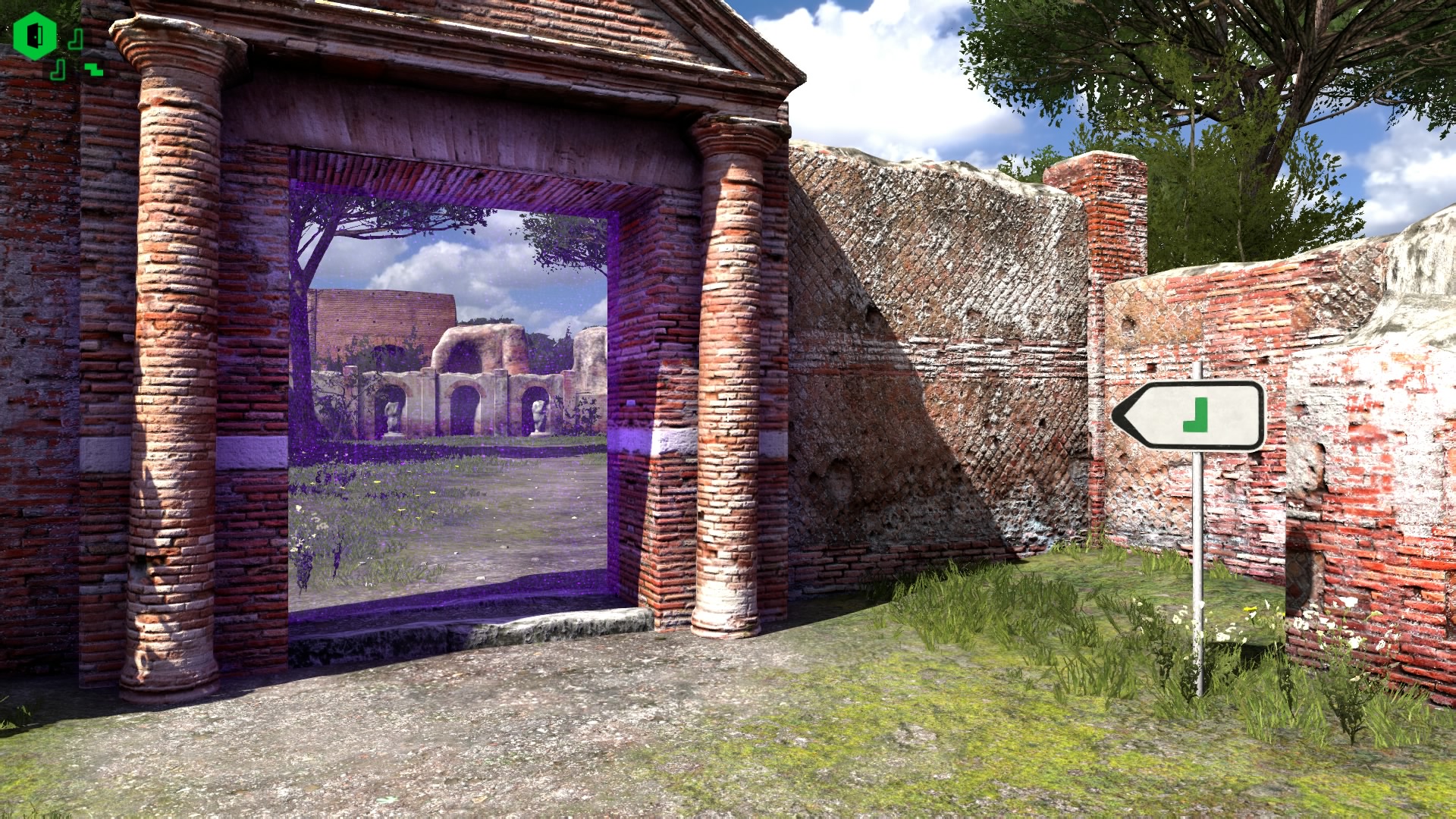
-
The Talos Principle_20150923224815
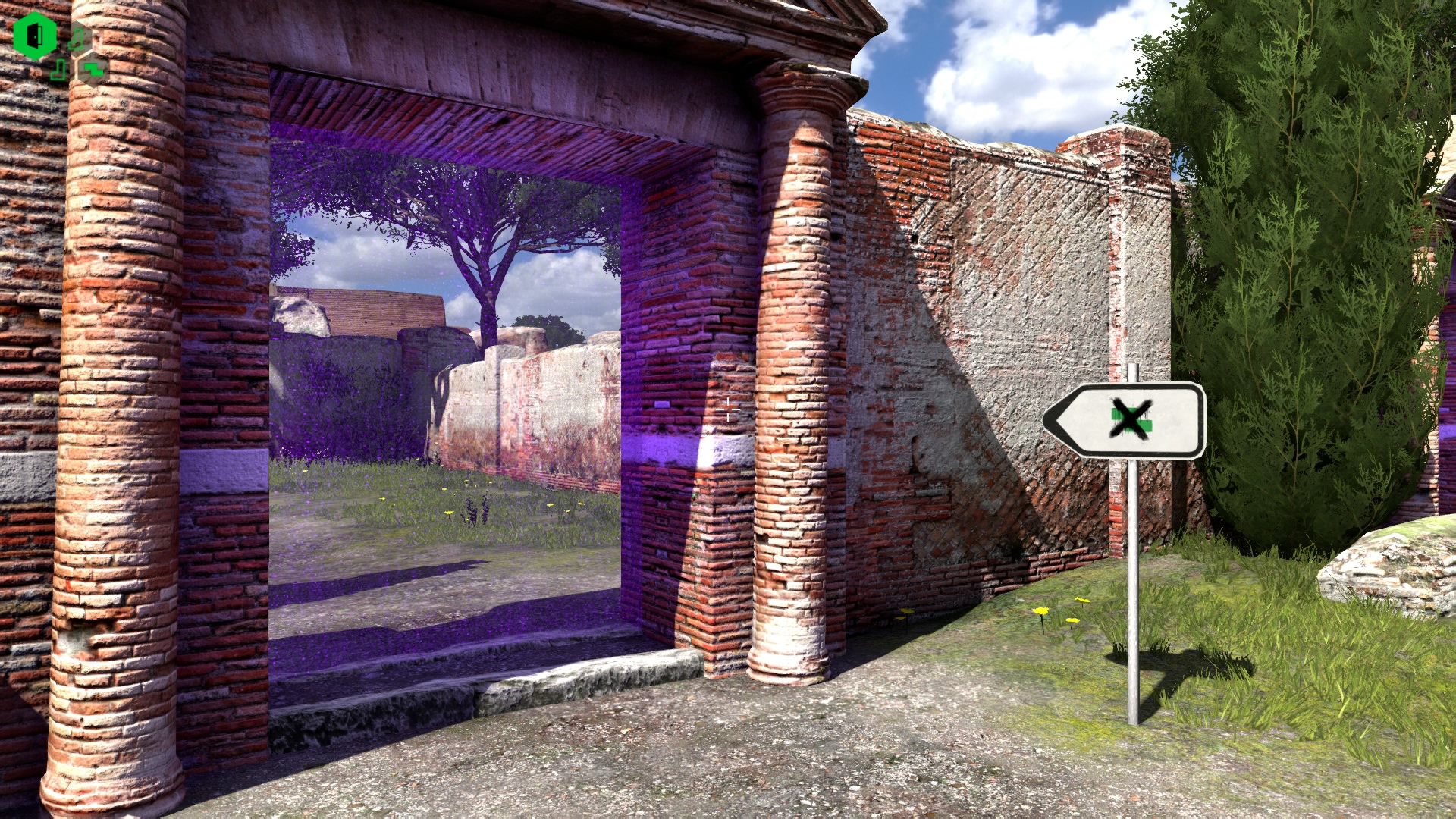
-
The Talos Principle_20150923225236
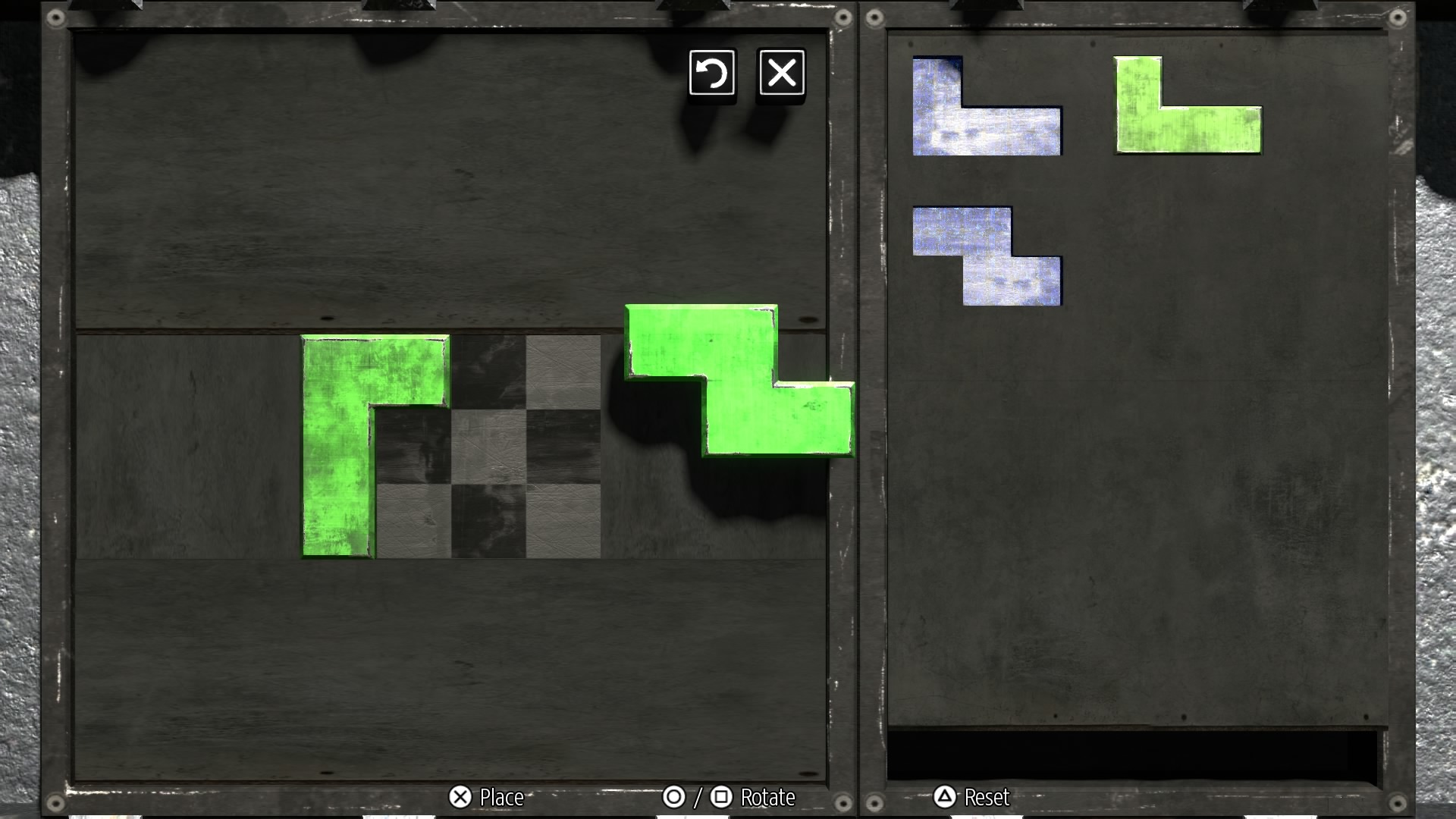
-
The Talos Principle_20150923225256

-
The Talos Principle_20150923225312
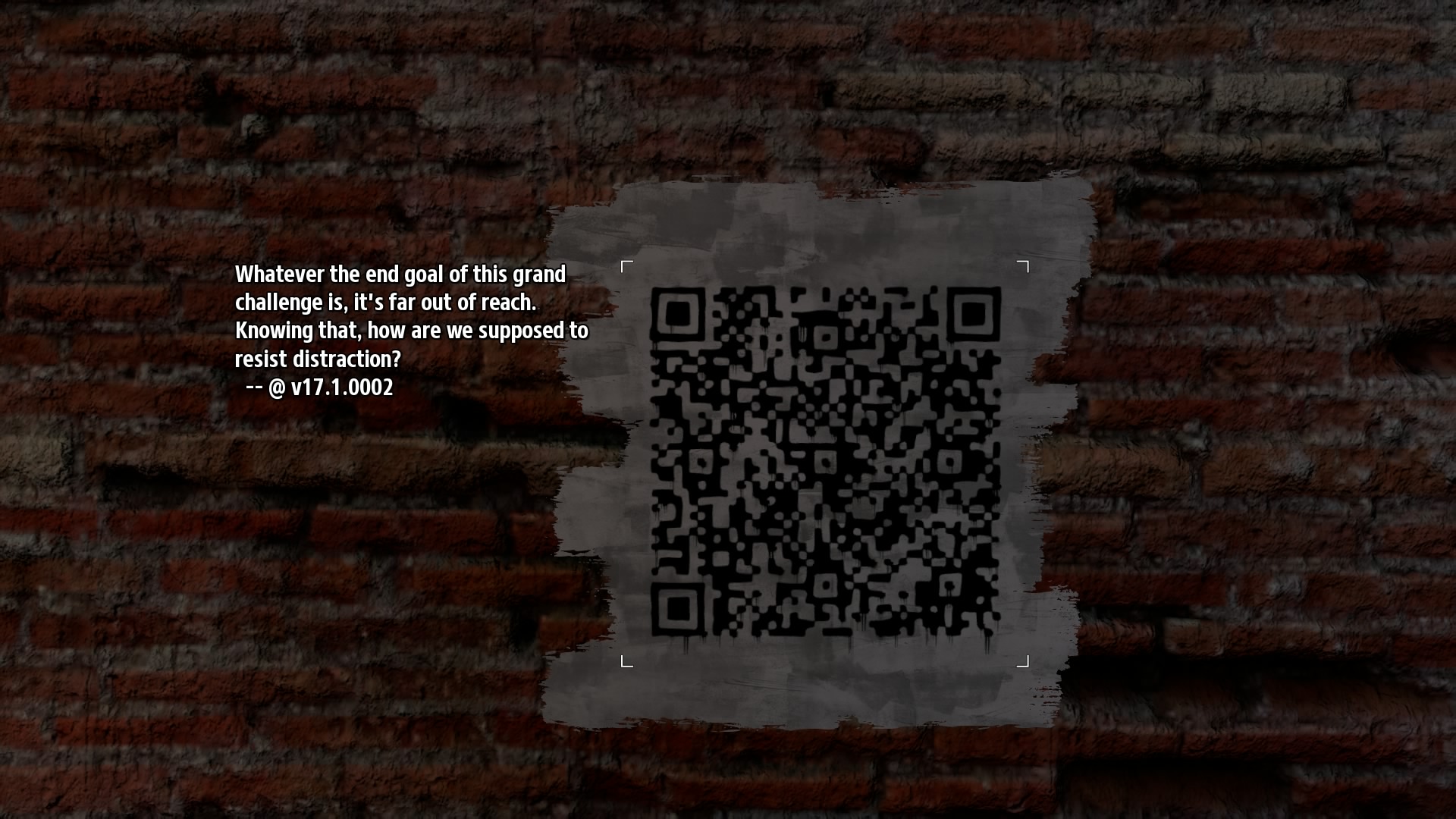
-
The Talos Principle_20150923225427
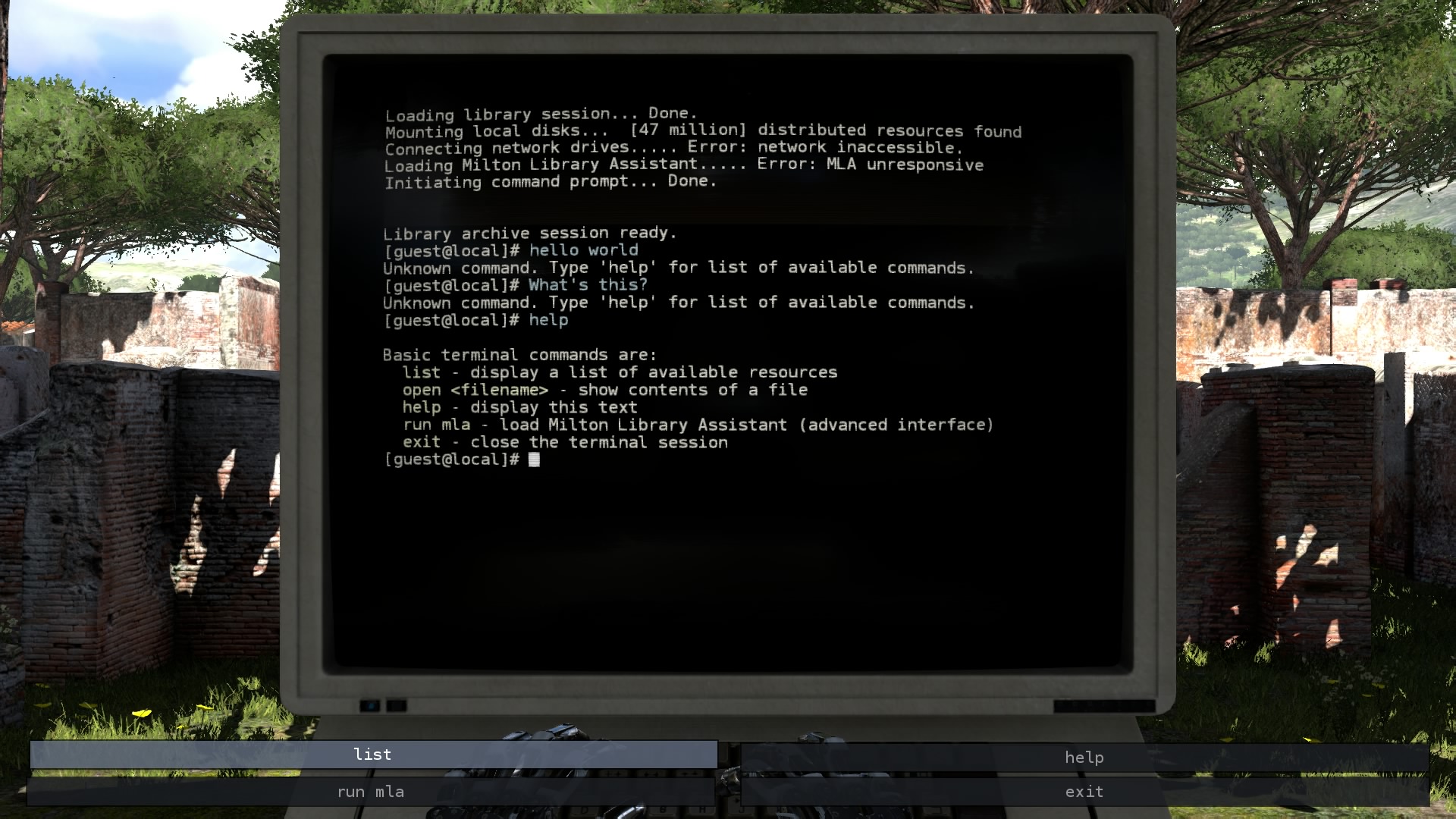
-
The Talos Principle_20150923225837
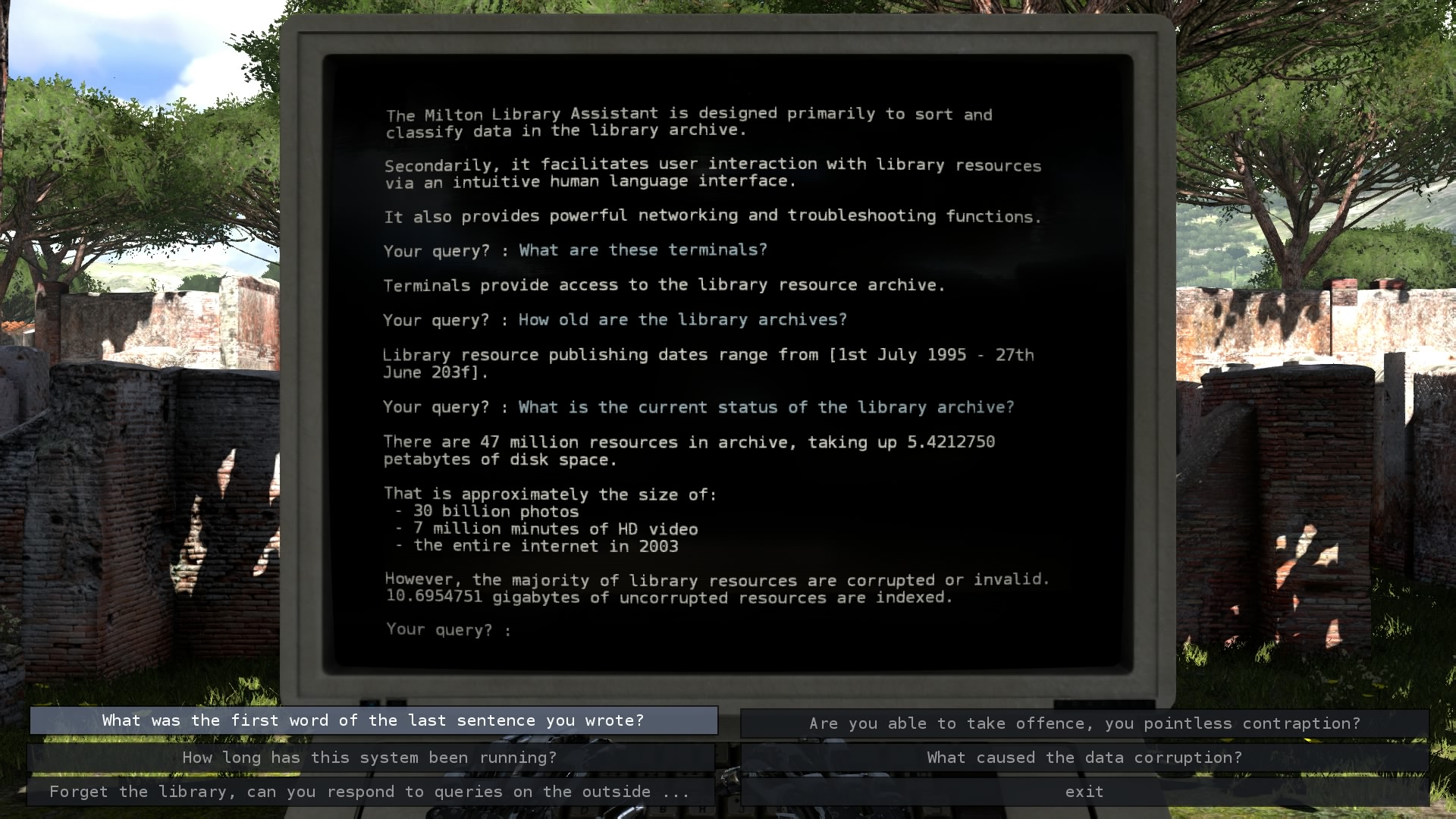
-
The Talos Principle_20150923230213
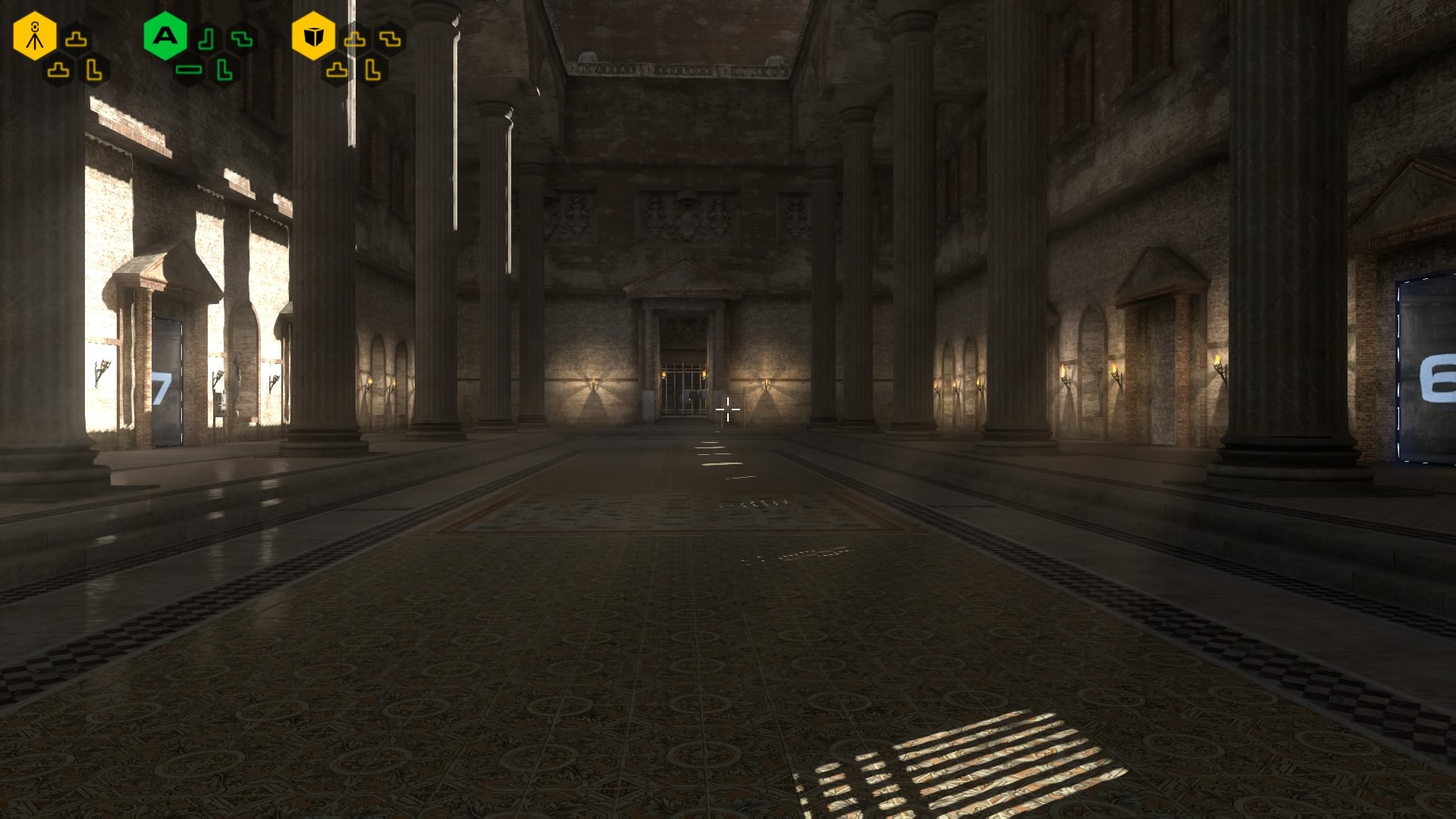
-
The Talos Principle_20150923230418
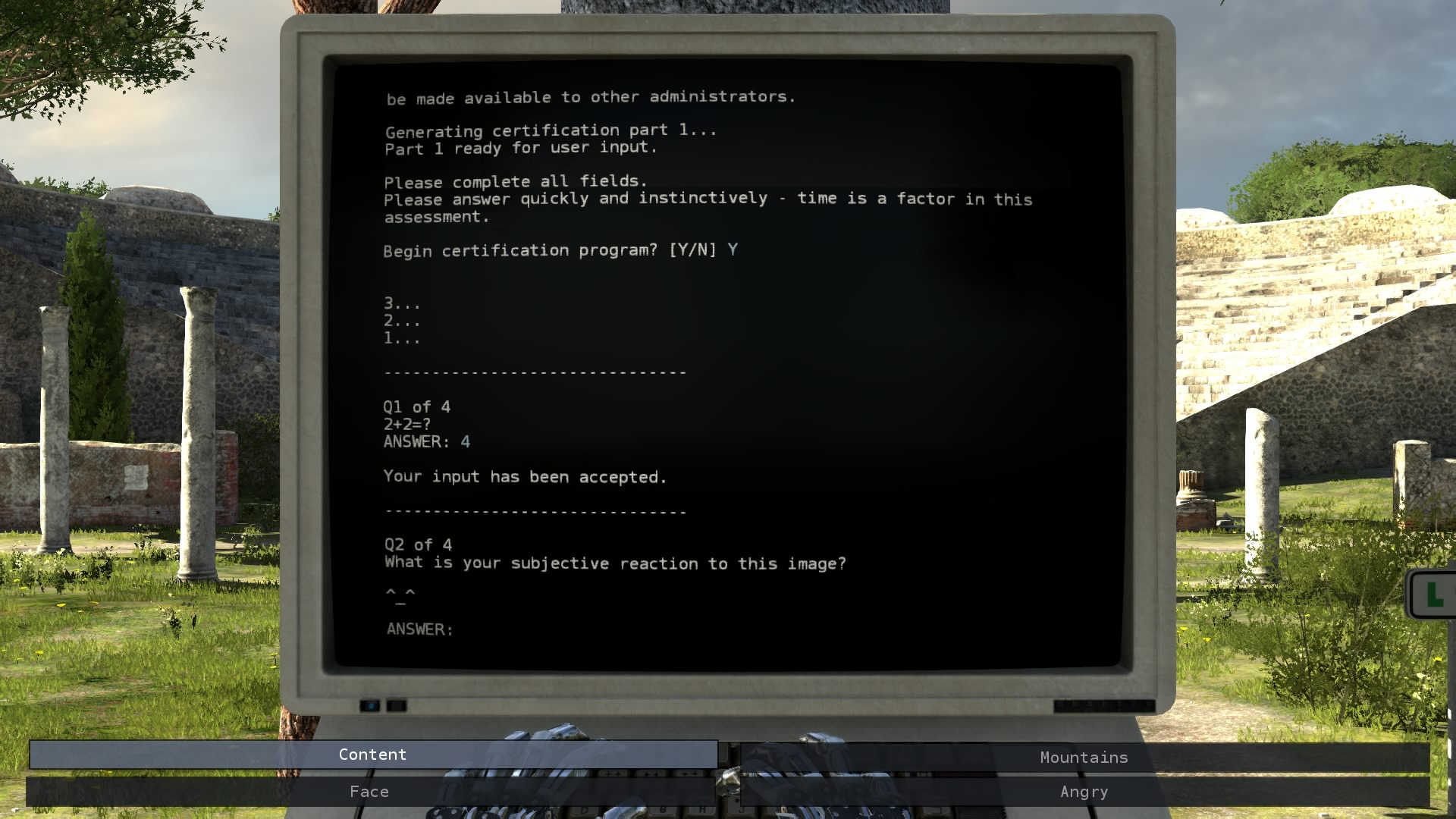
-
The Talos Principle_20150923231652
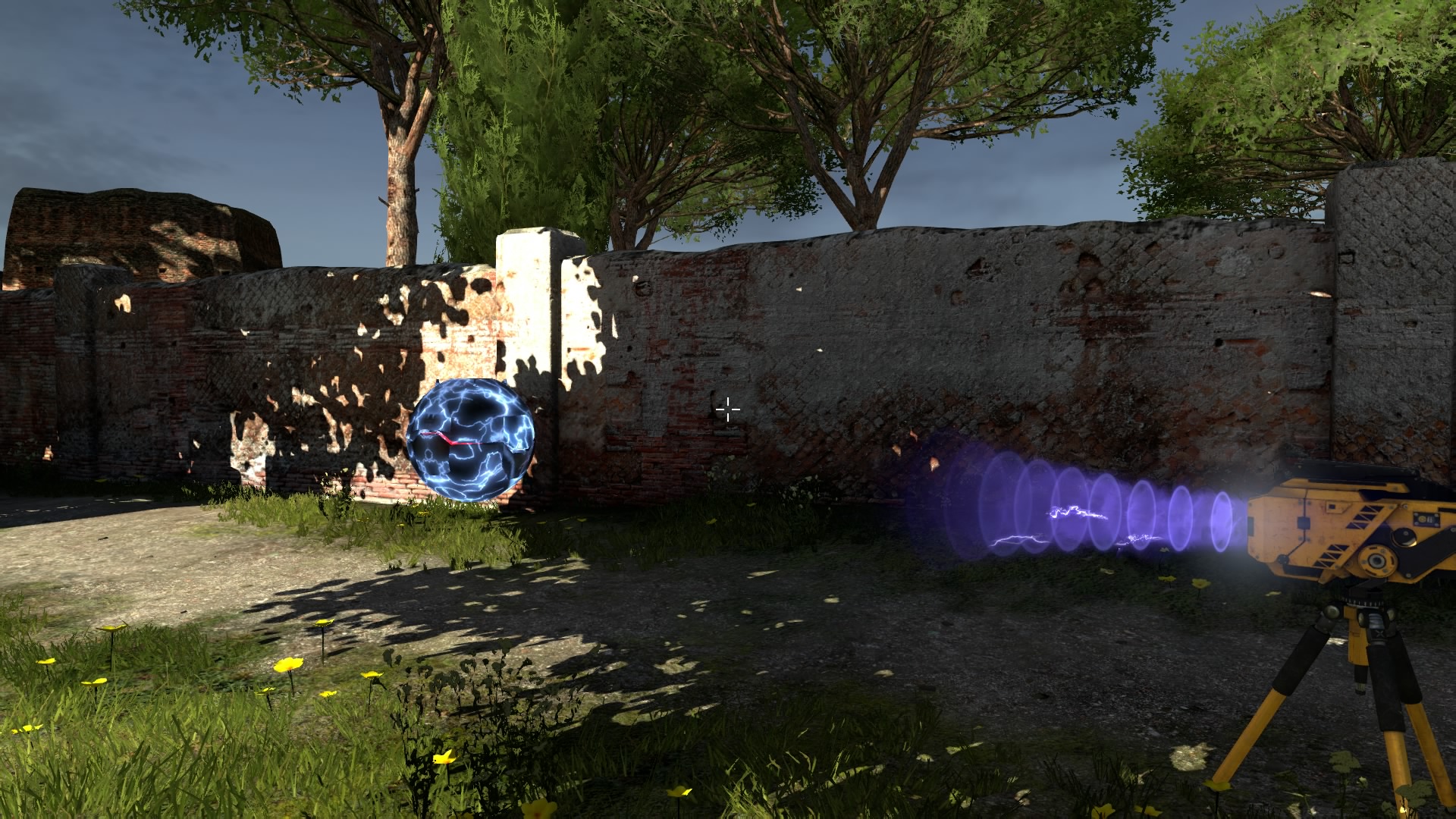
-
The Talos Principle_20151001232659
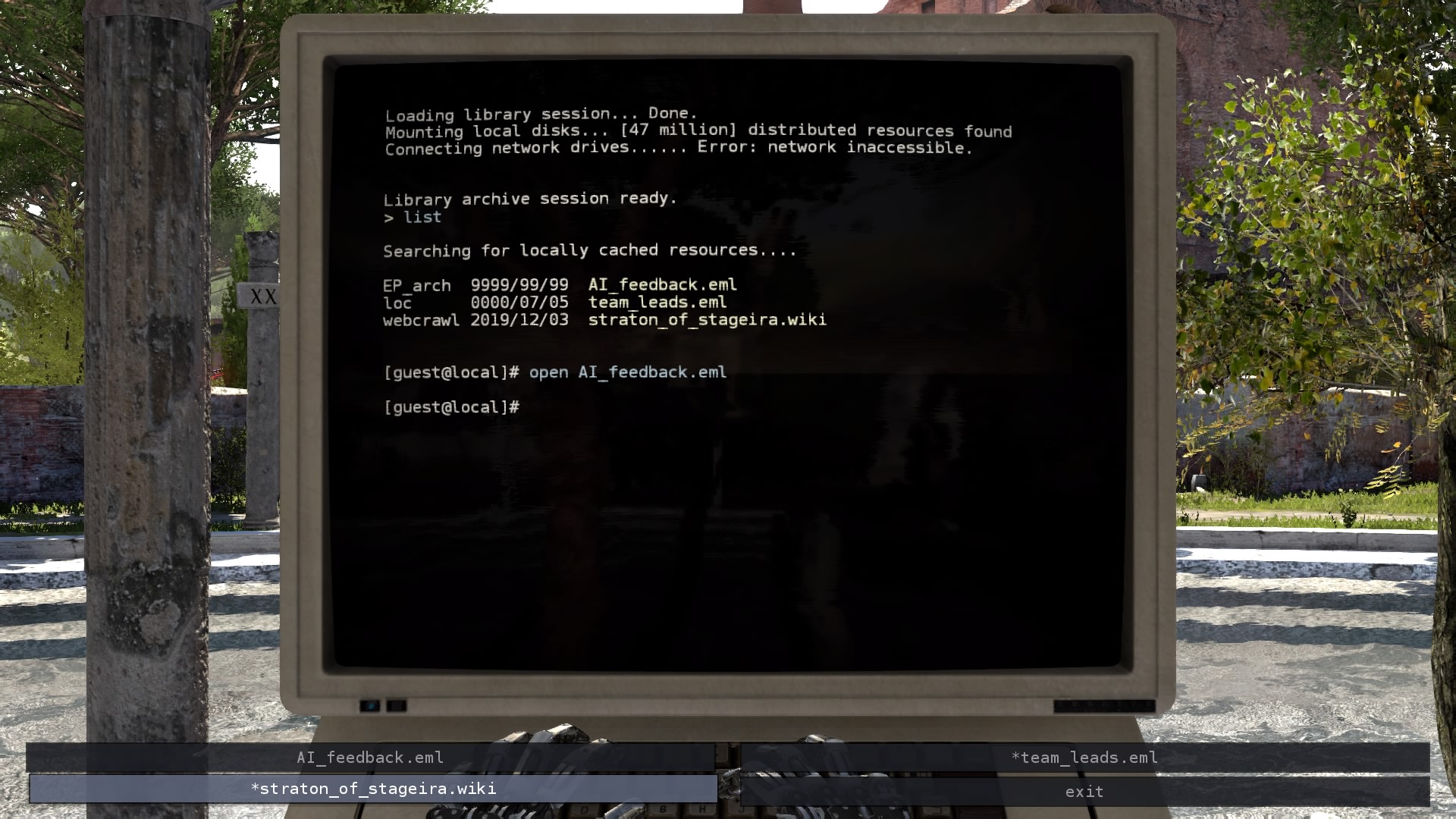
-
The Talos Principle_20151001232750
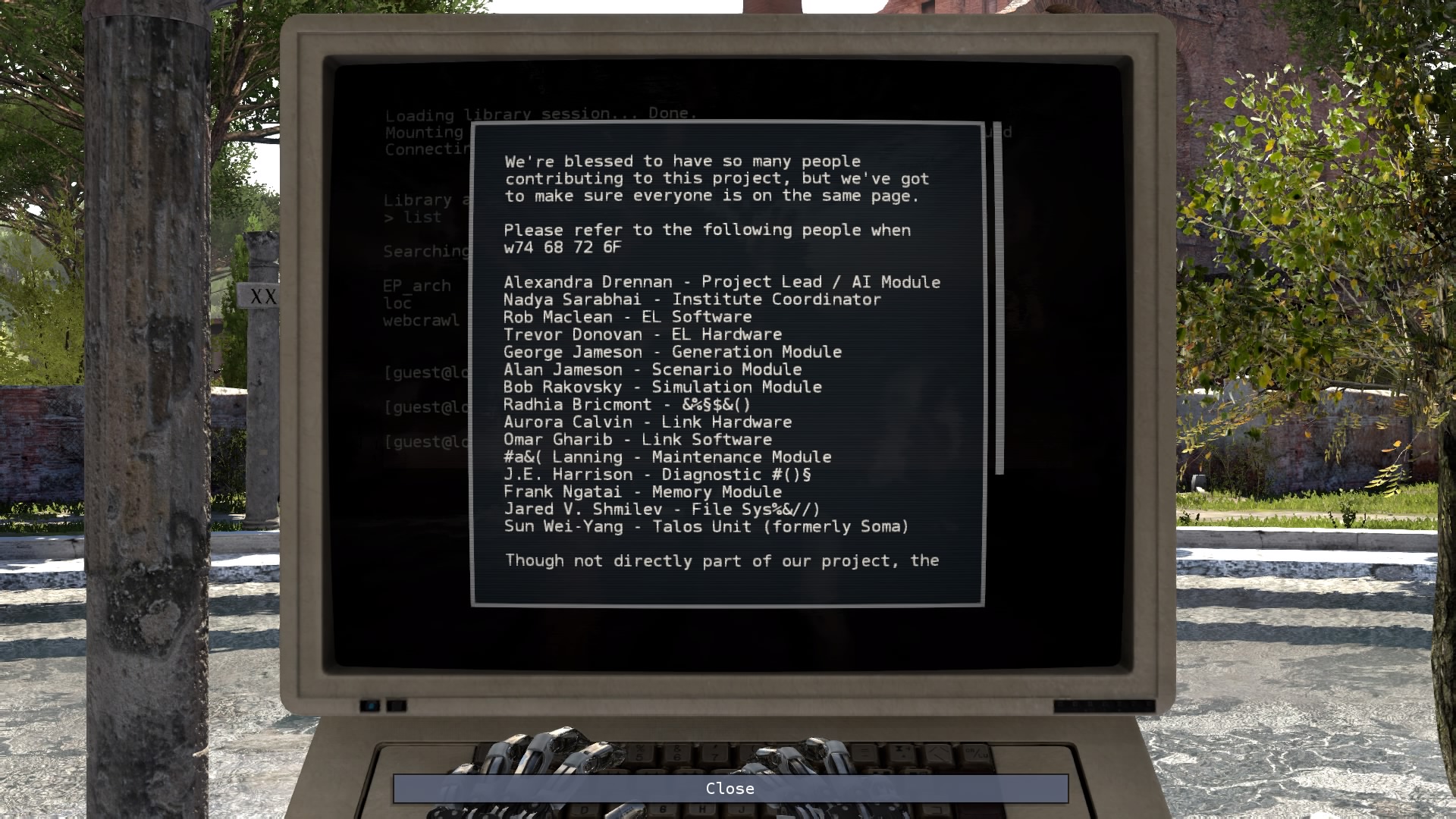
-
The Talos Principle_20151001233529
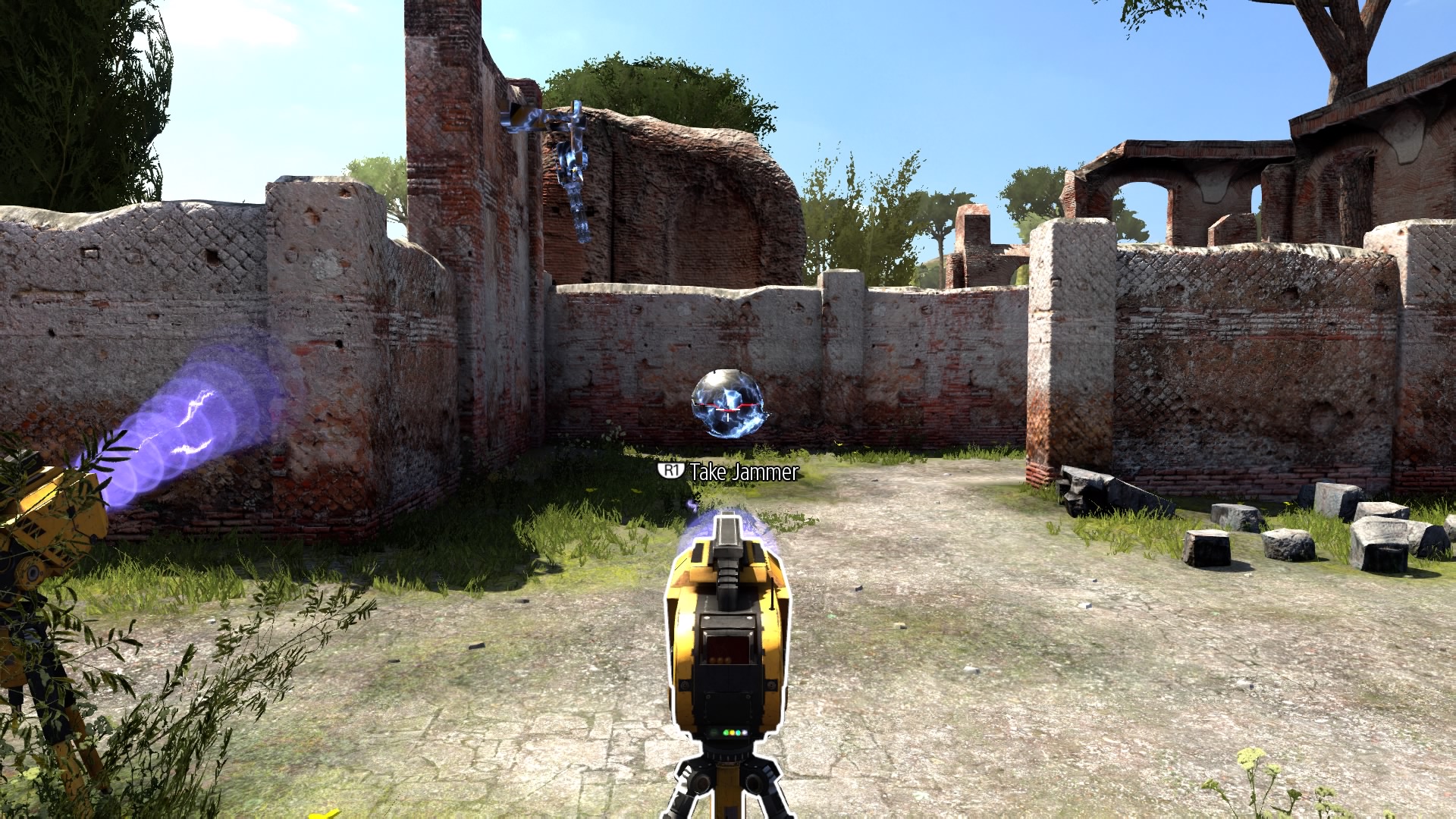
-
The Talos Principle_20151001235615
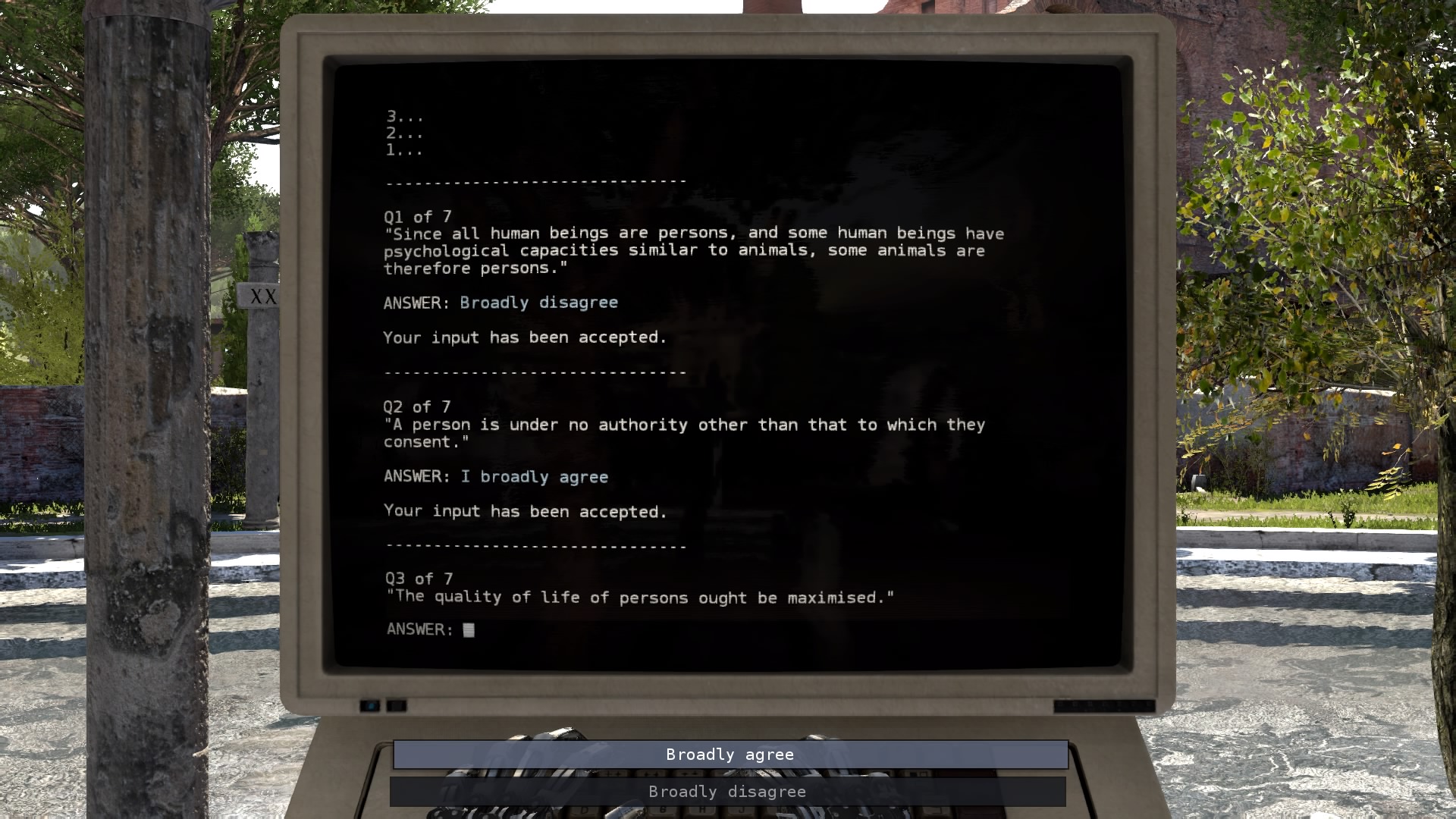
-
The Talos Principle_20151001235913
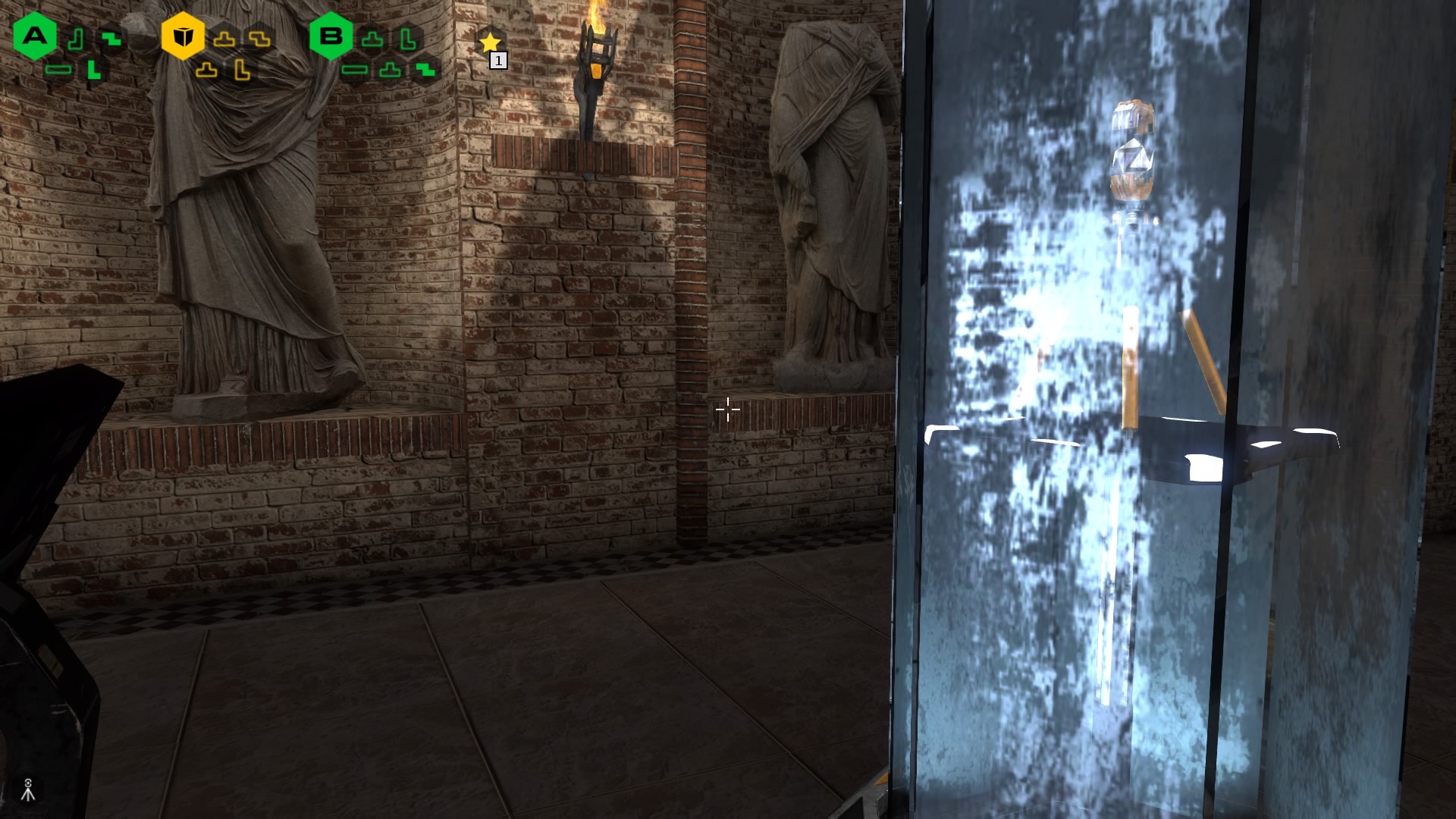
-
The Talos Principle_20151002000715
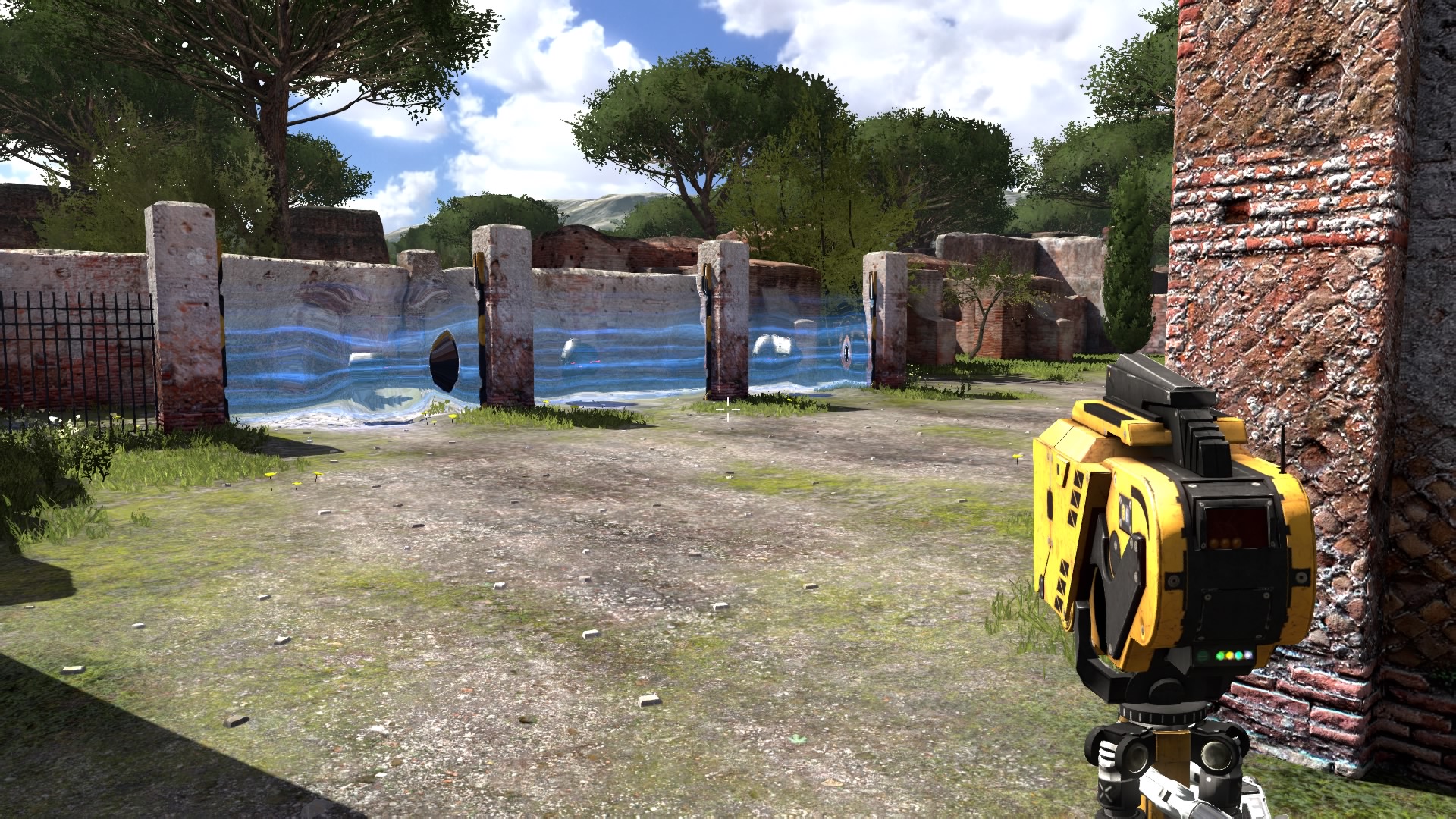
-
The Talos Principle_20151002000924
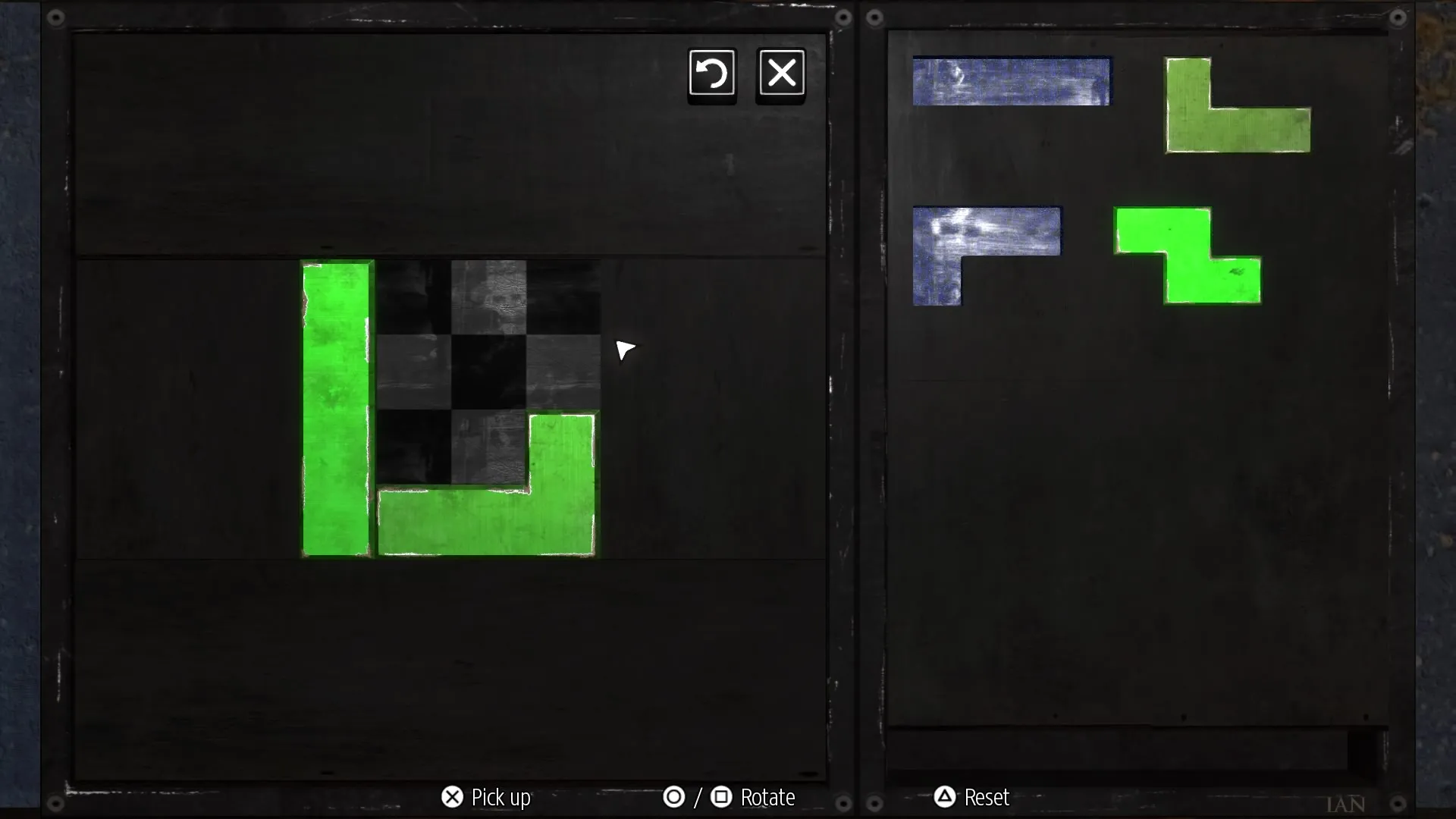
-
The Talos Principle_20151002001402
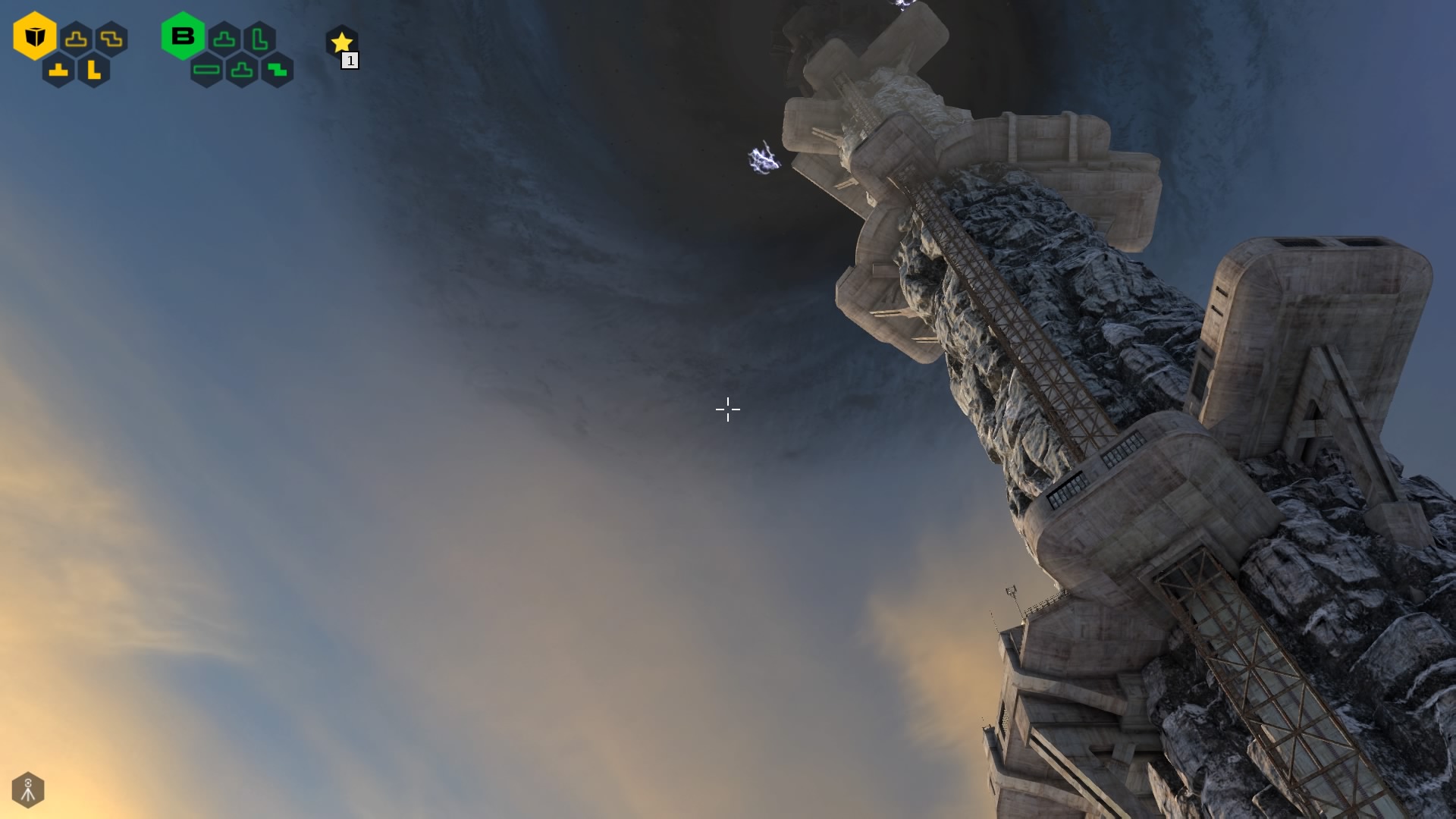
-
The Talos Principle_20151002002027
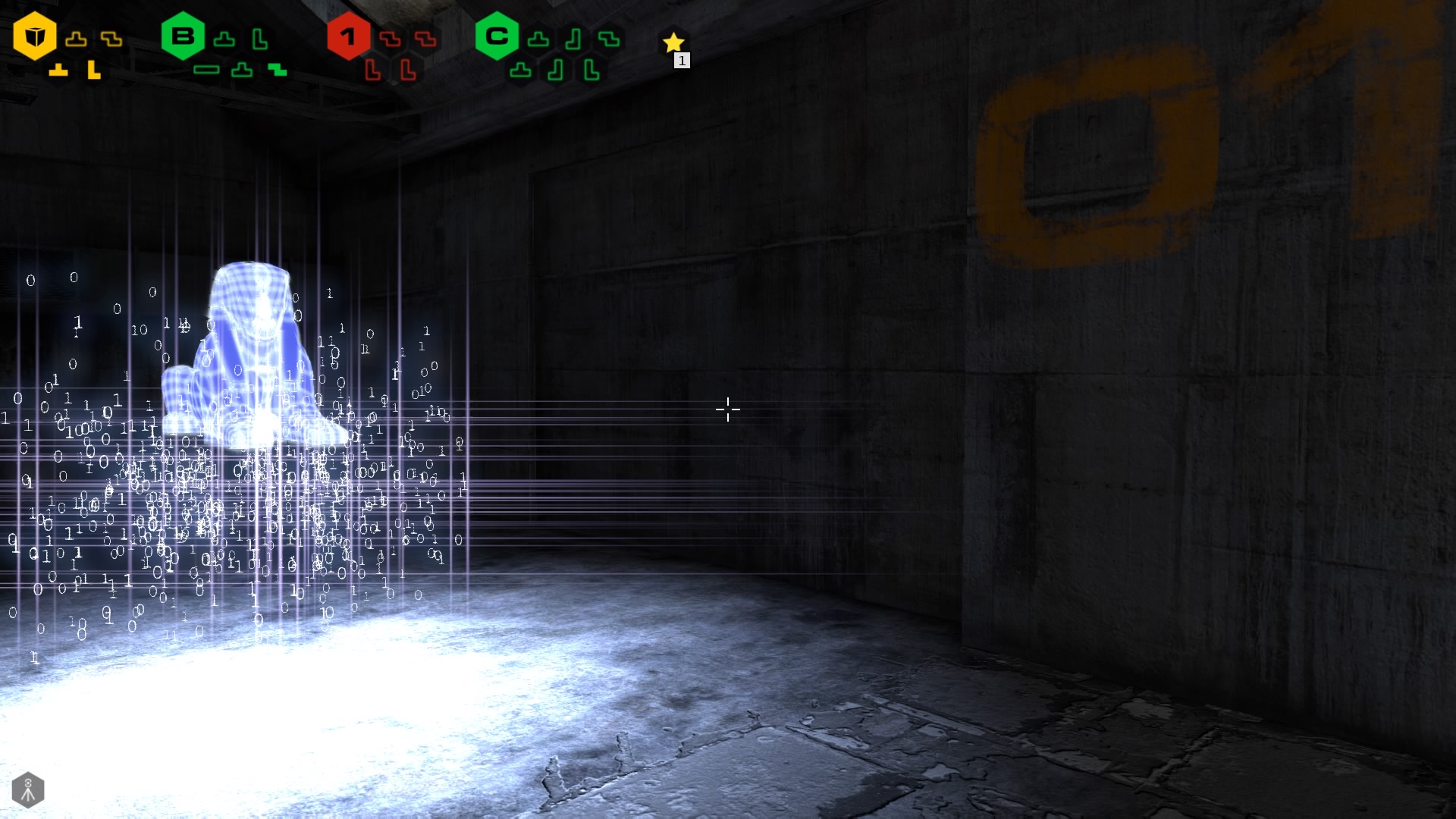
-
The Talos Principle_20151002002117
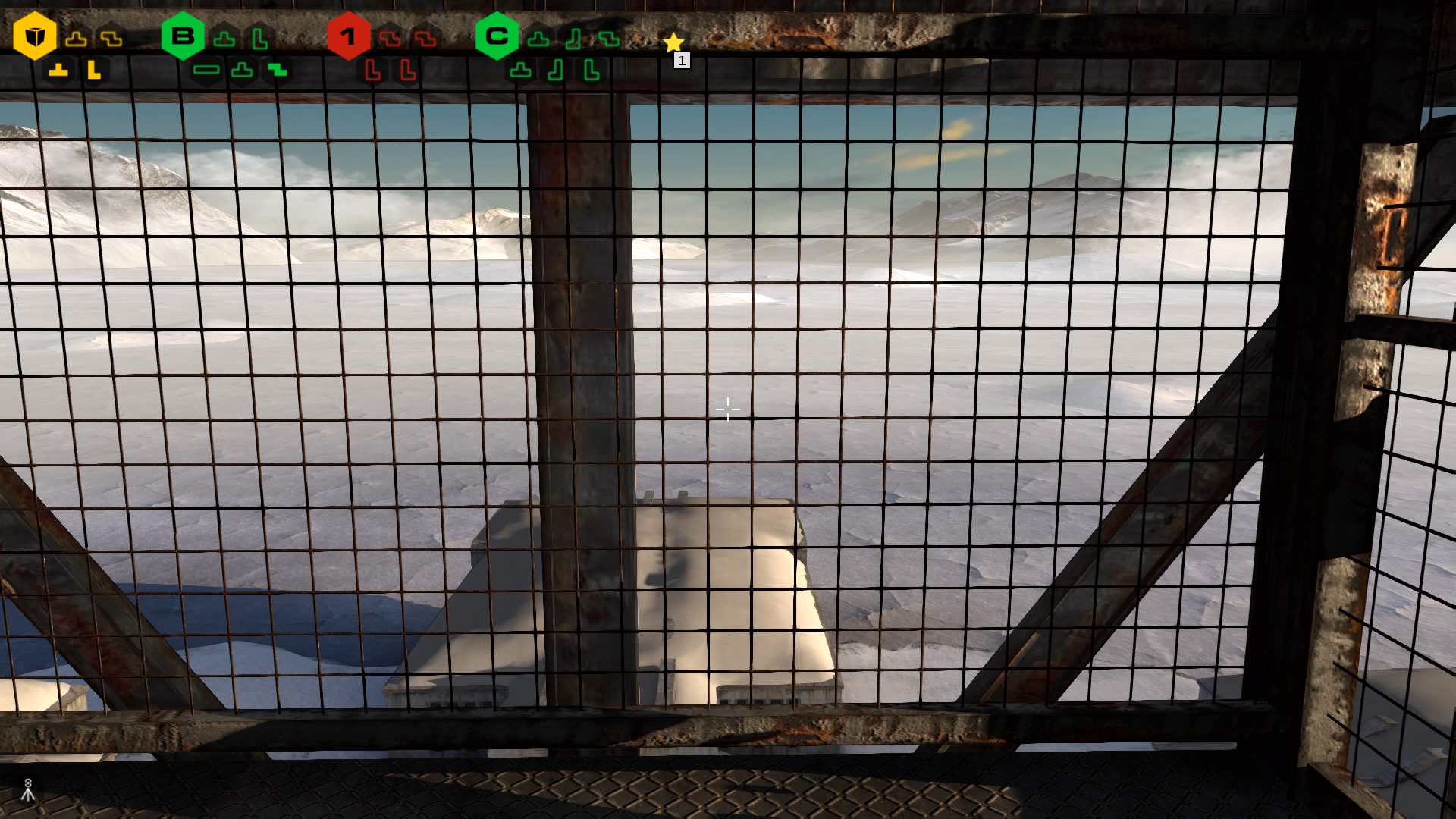
-
The Talos Principle_20151002002540
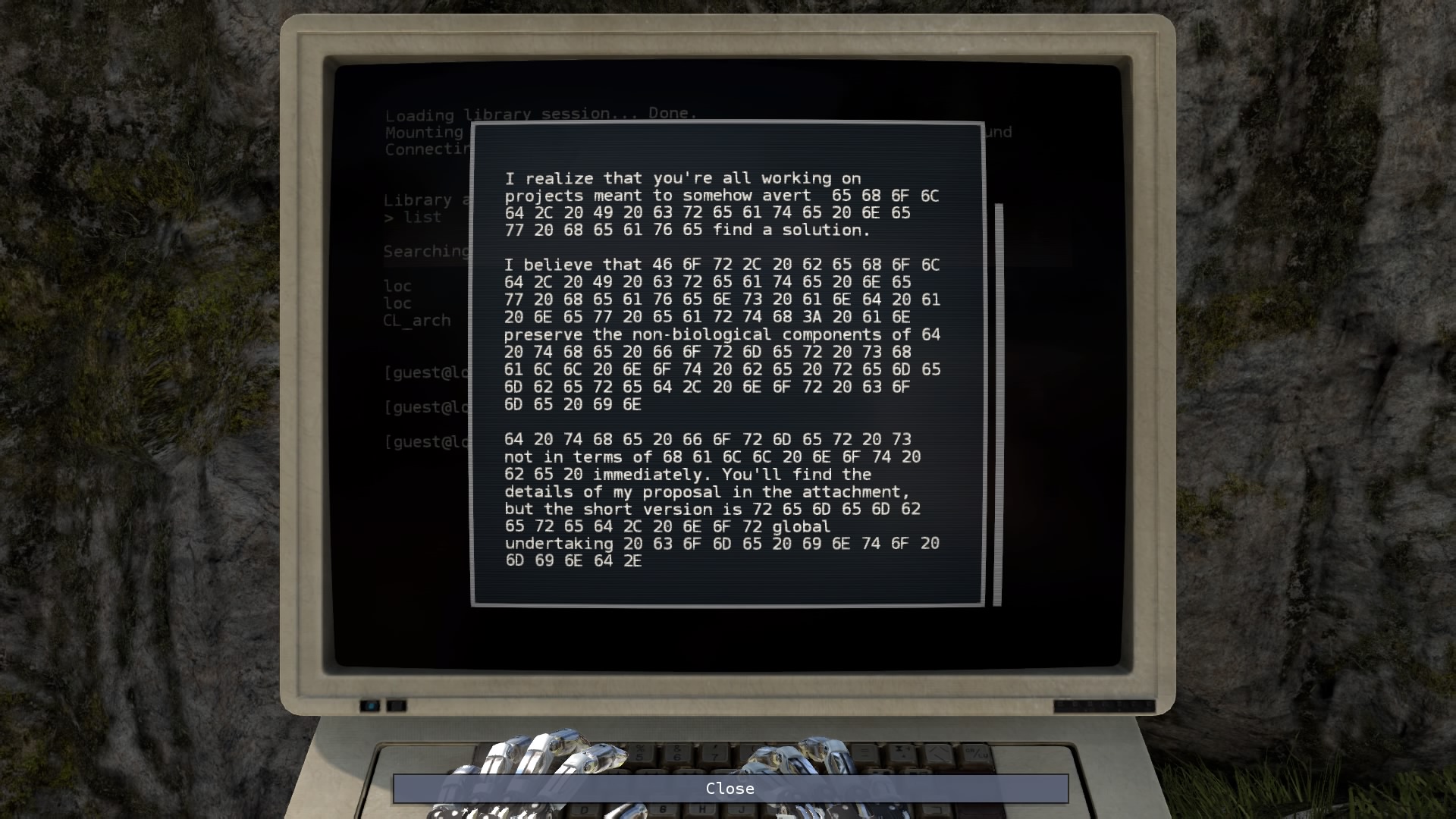
-
The Talos Principle_20151002002637
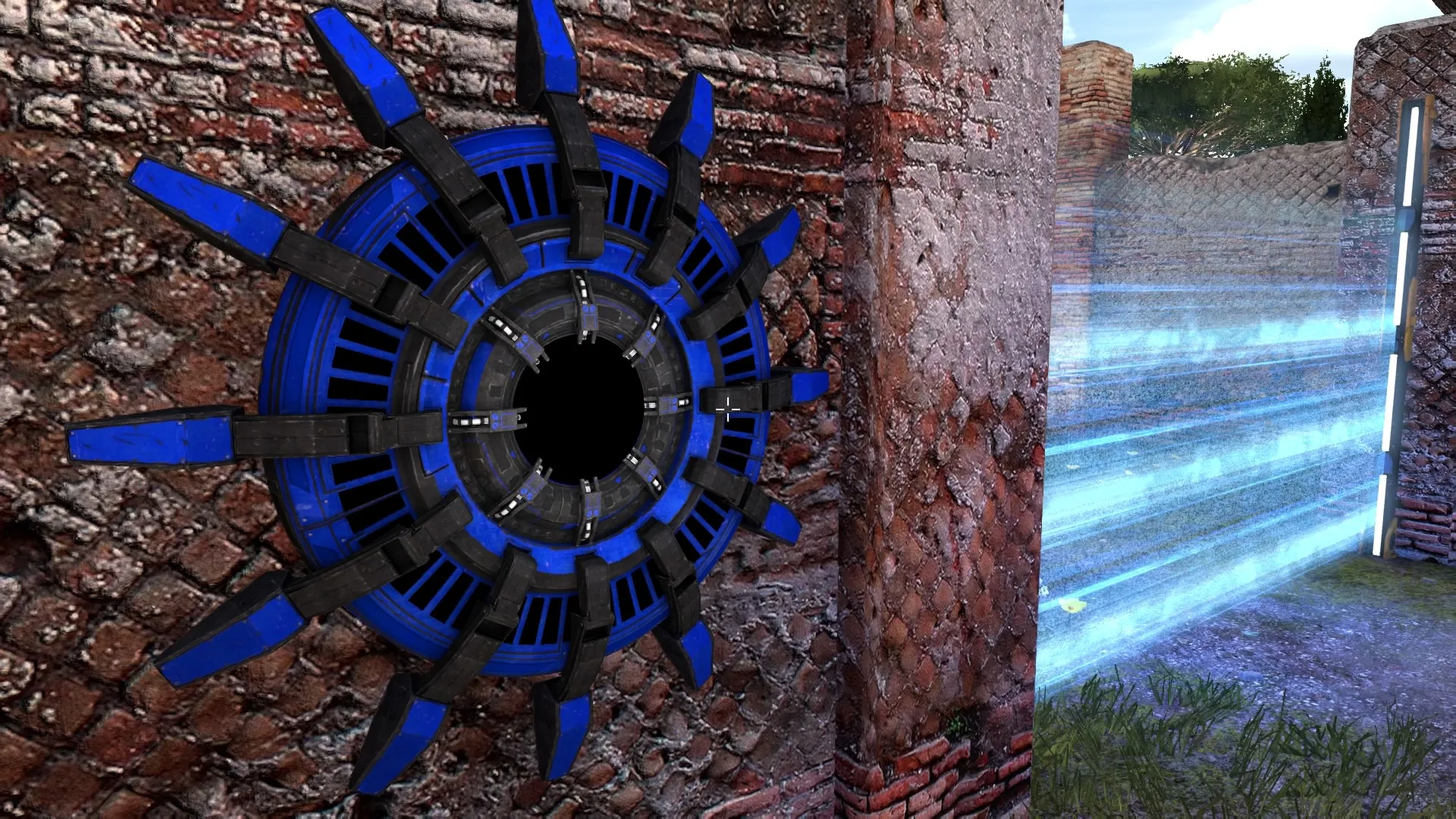
-
The Talos Principle_20151002003030
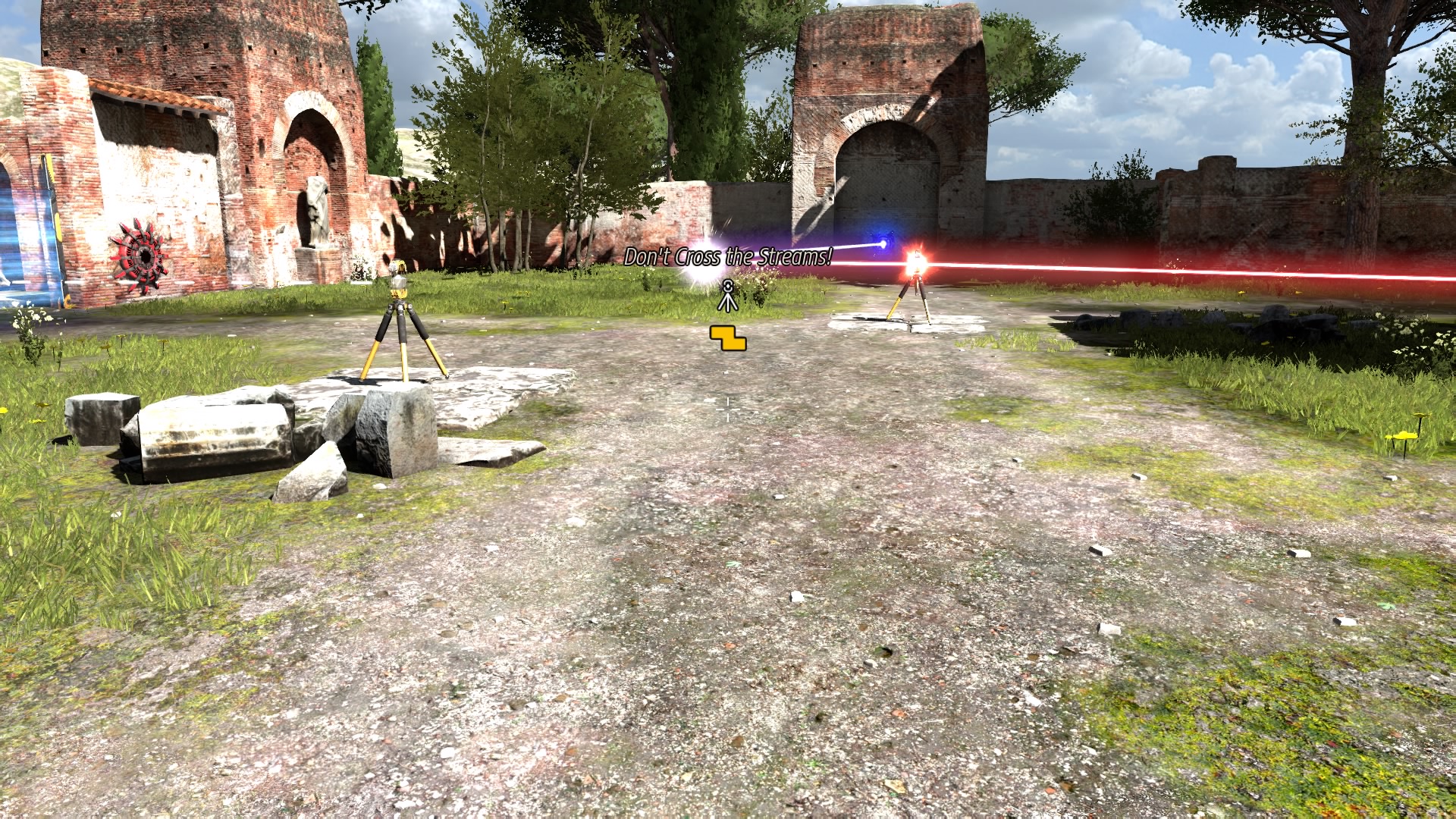
-
The Talos Principle_20151002003532
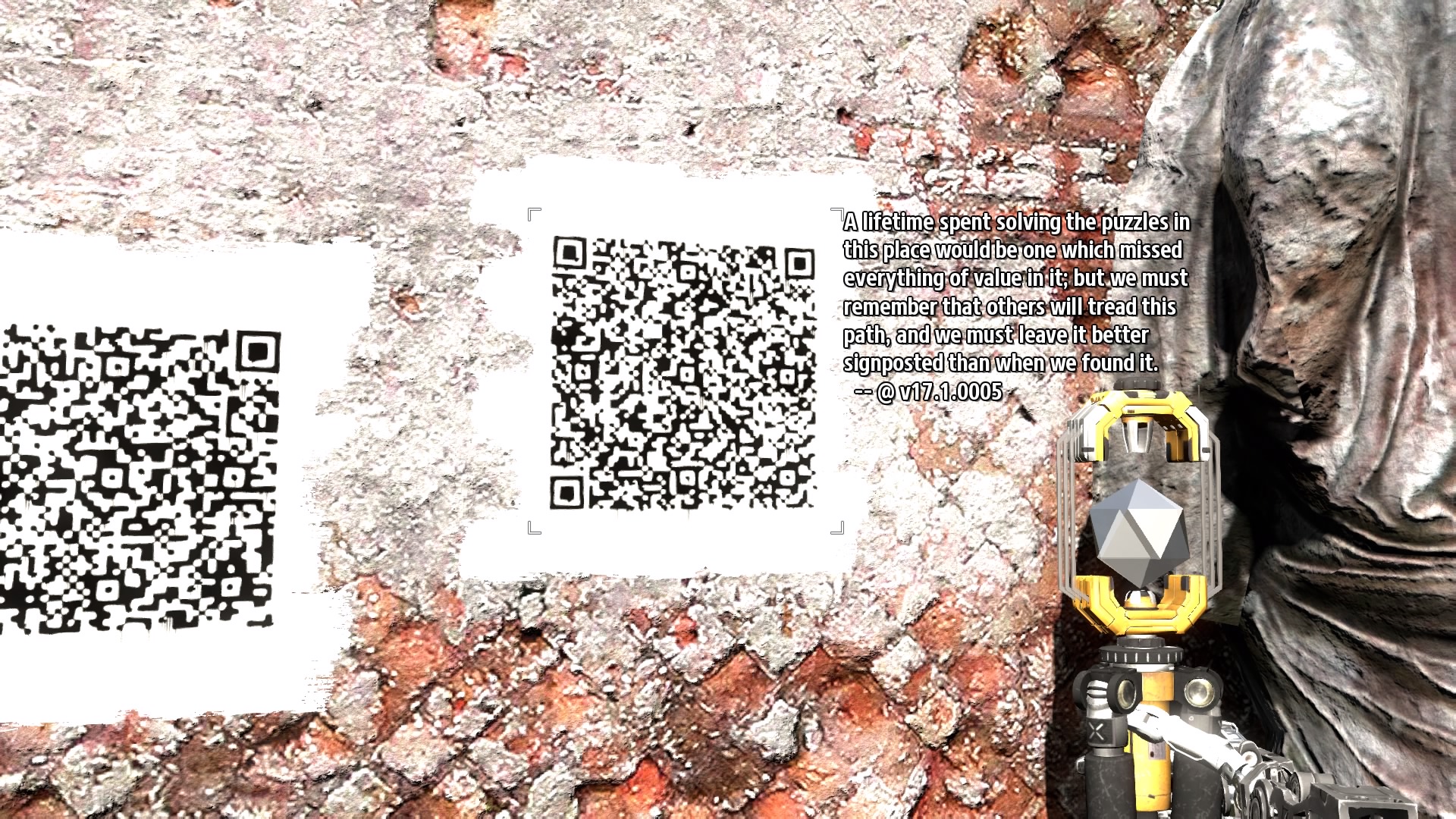
-
The Talos Principle_20151002004537
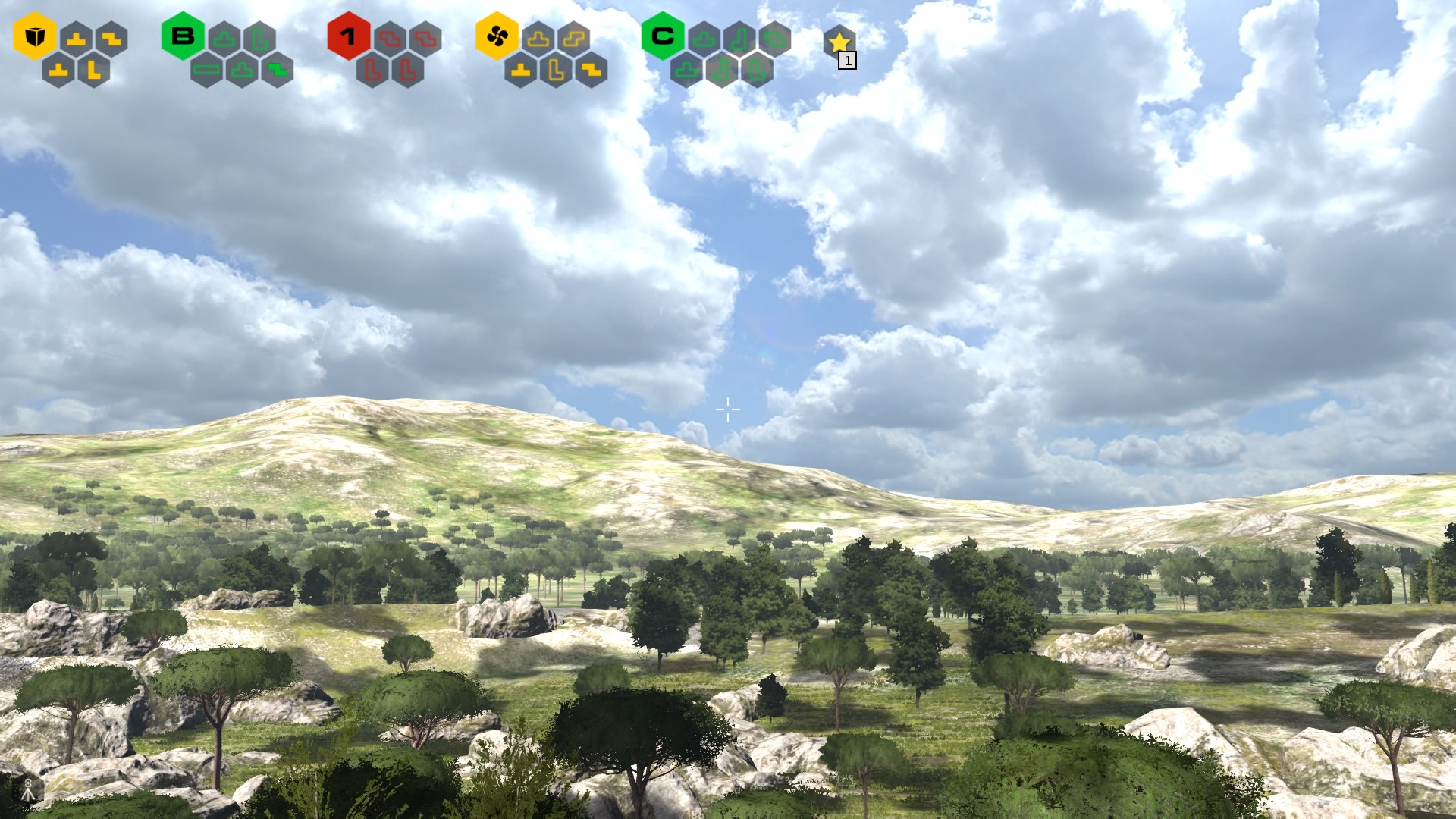
-
The Talos Principle_20151002005847
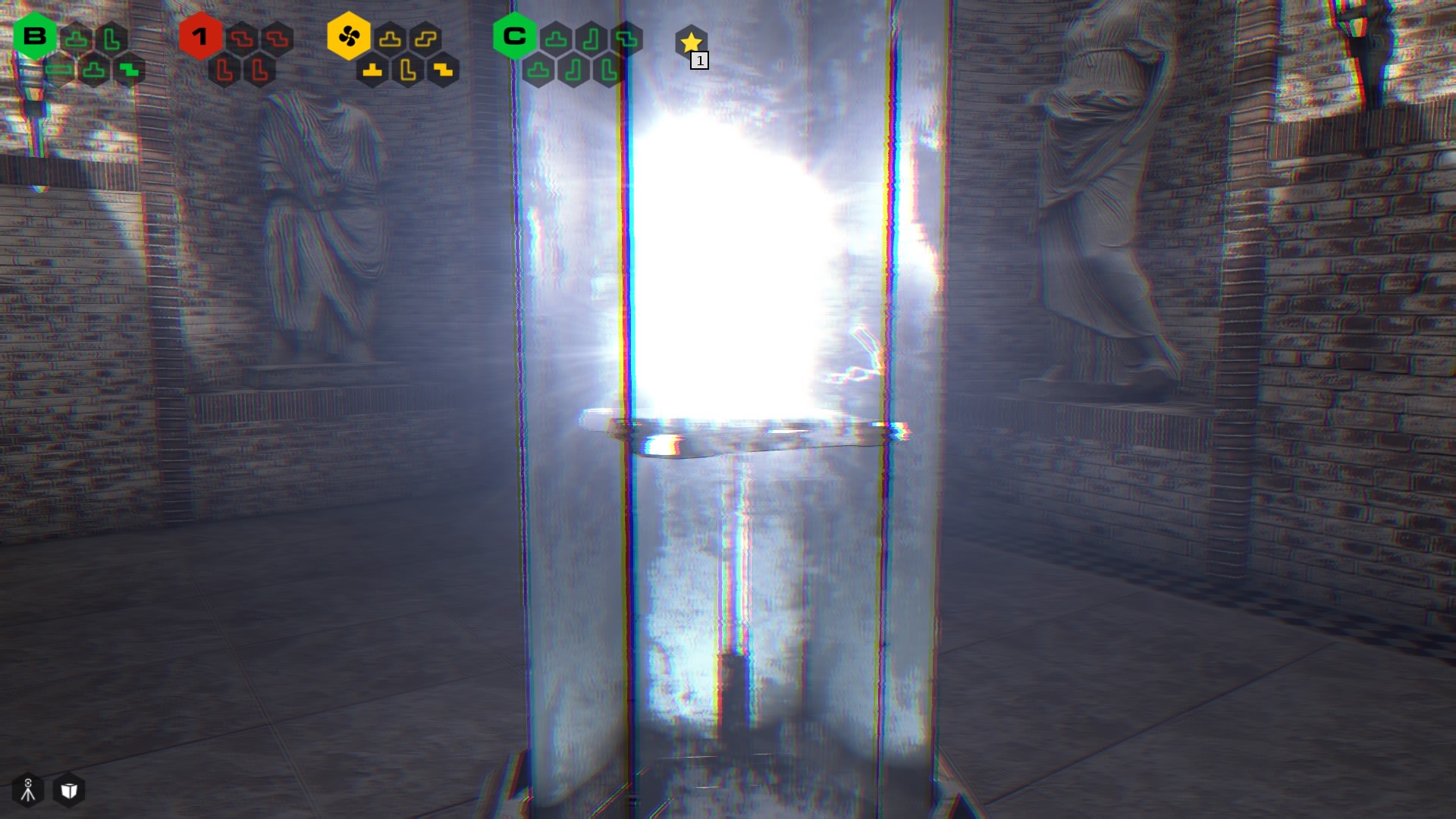
-
The Talos Principle_20151002203130
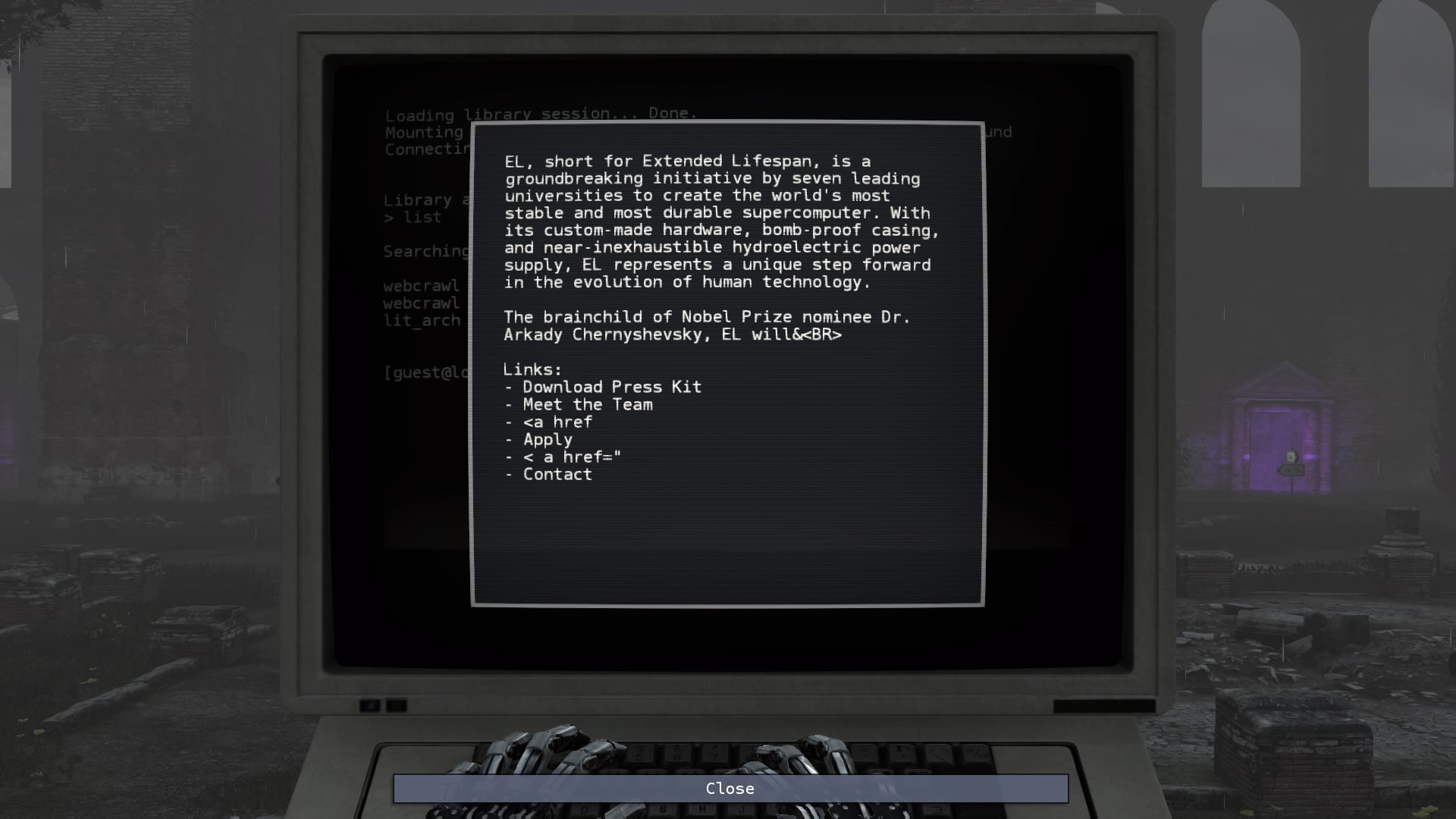
-
The Talos Principle_20151002203302
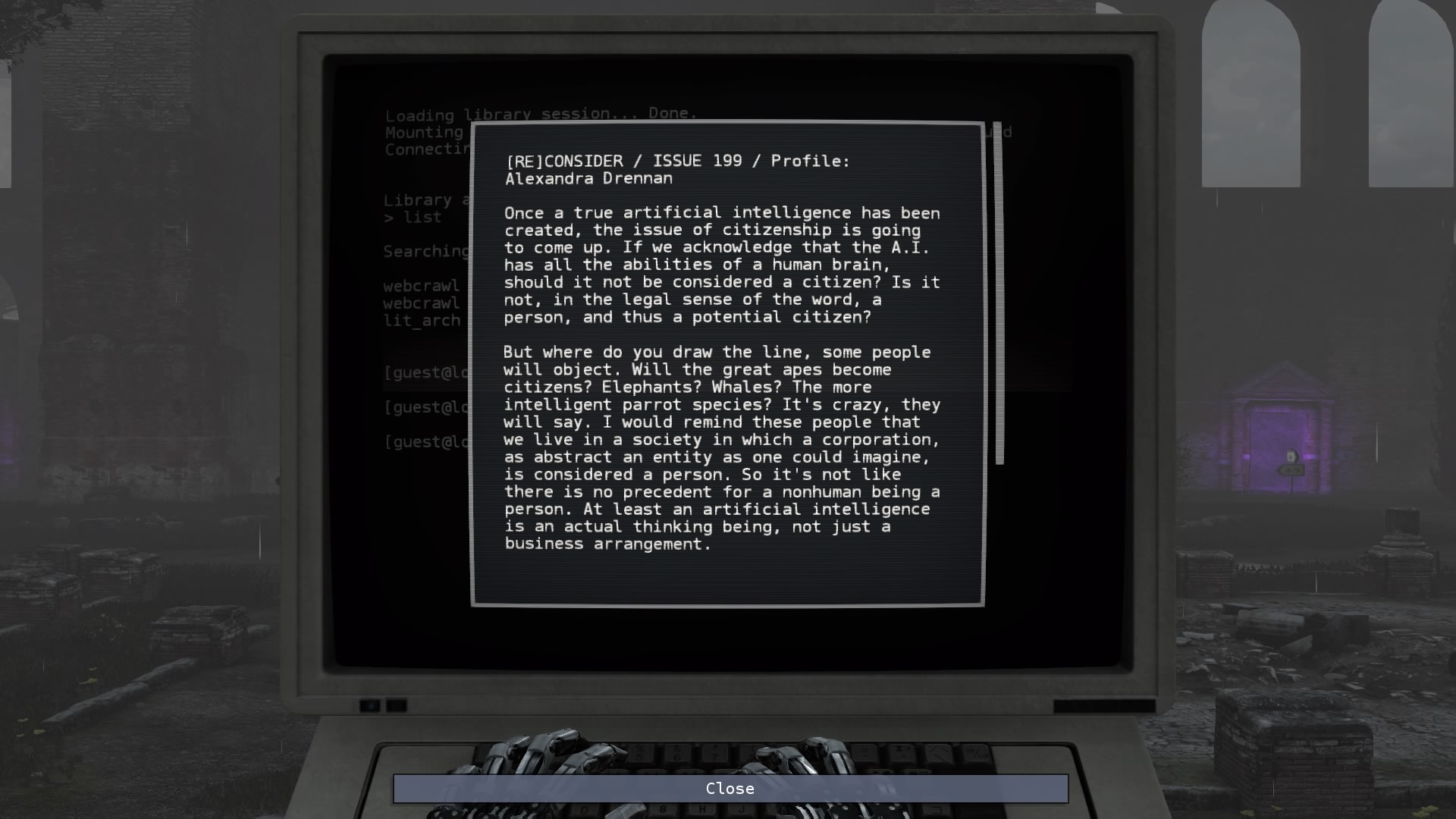
-
The Talos Principle_20151002203428
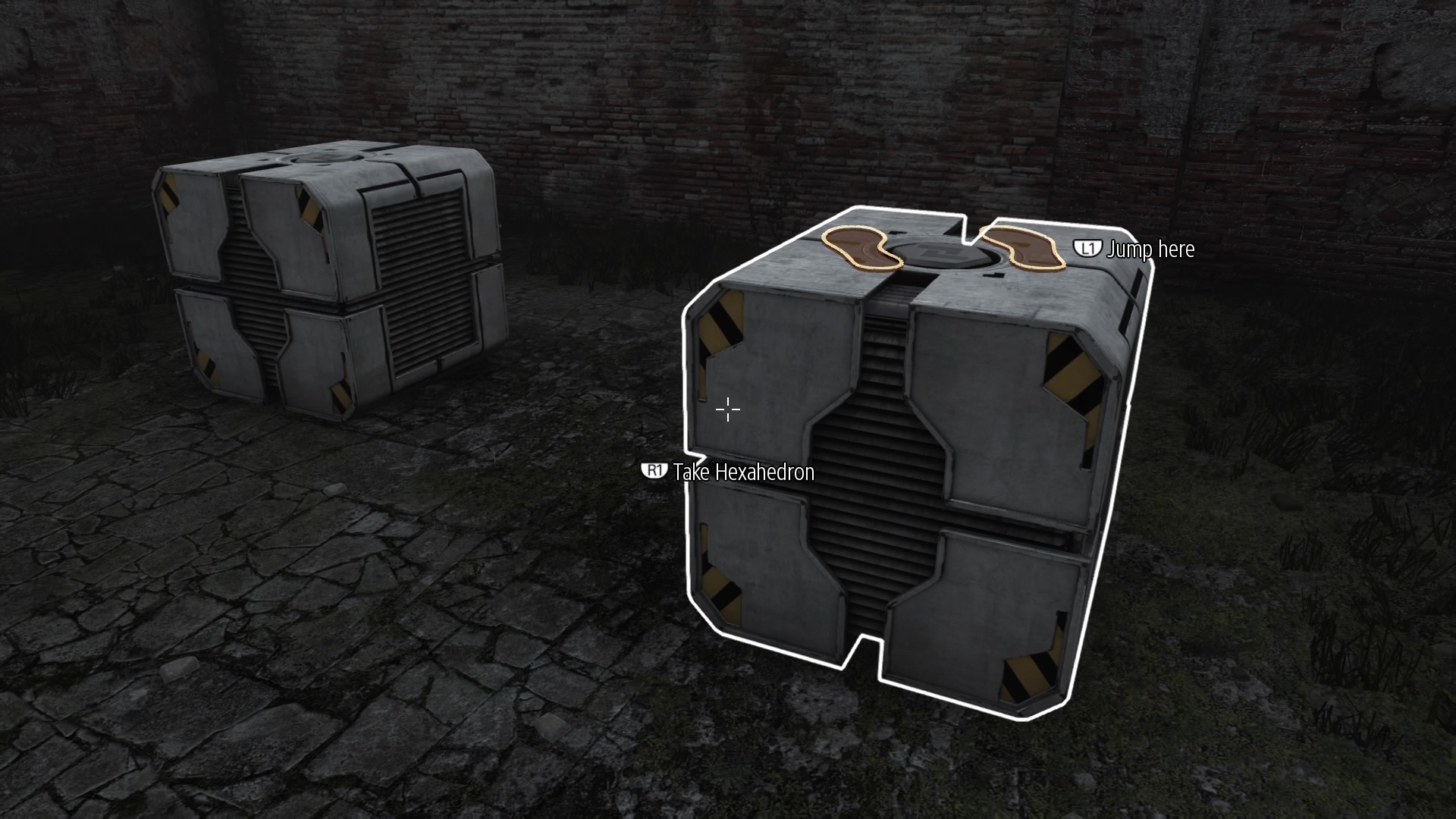
-
The Talos Principle_20151002203635

-
The Talos Principle_20151002203646
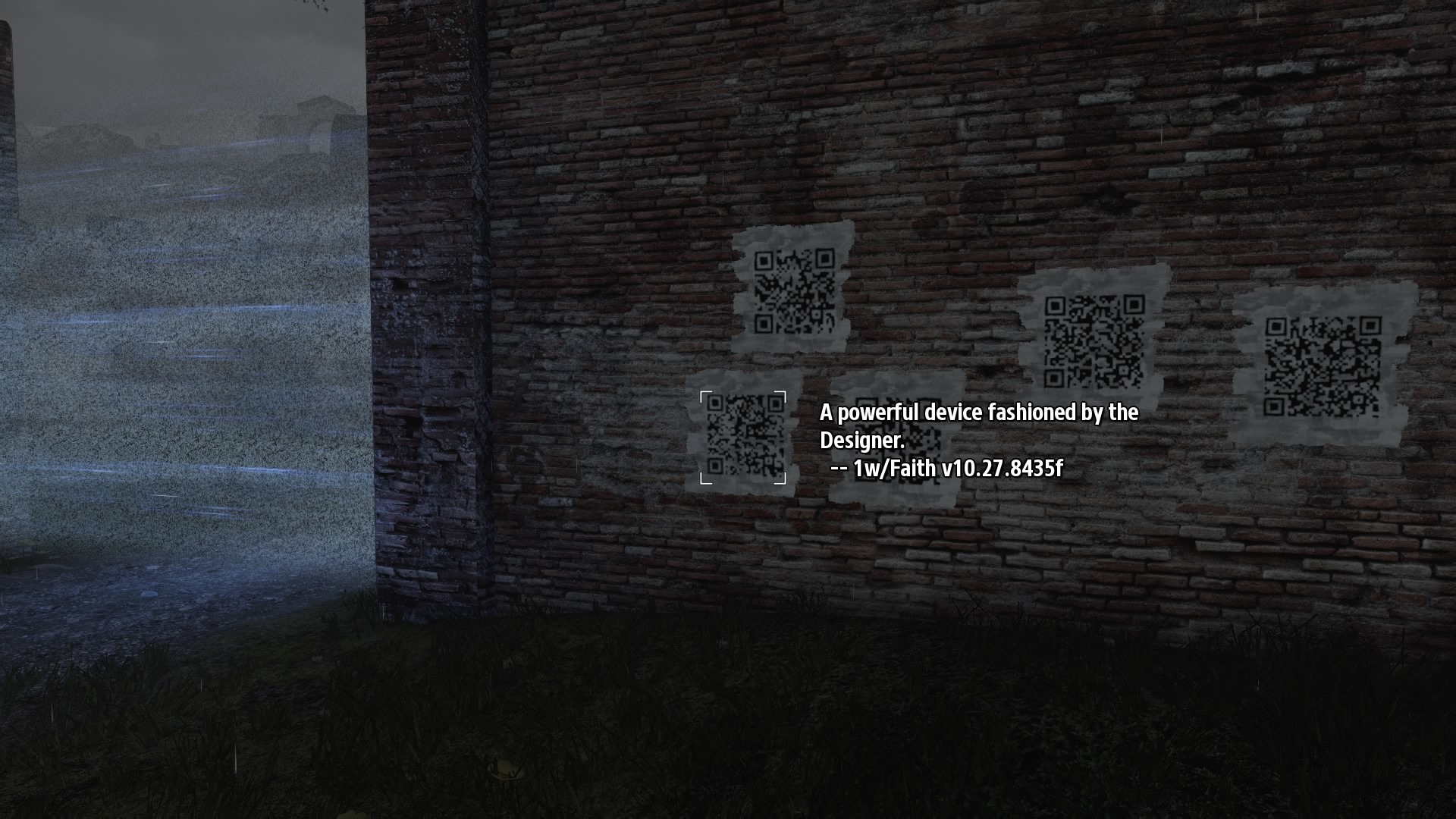
-
The Talos Principle_20151002203650
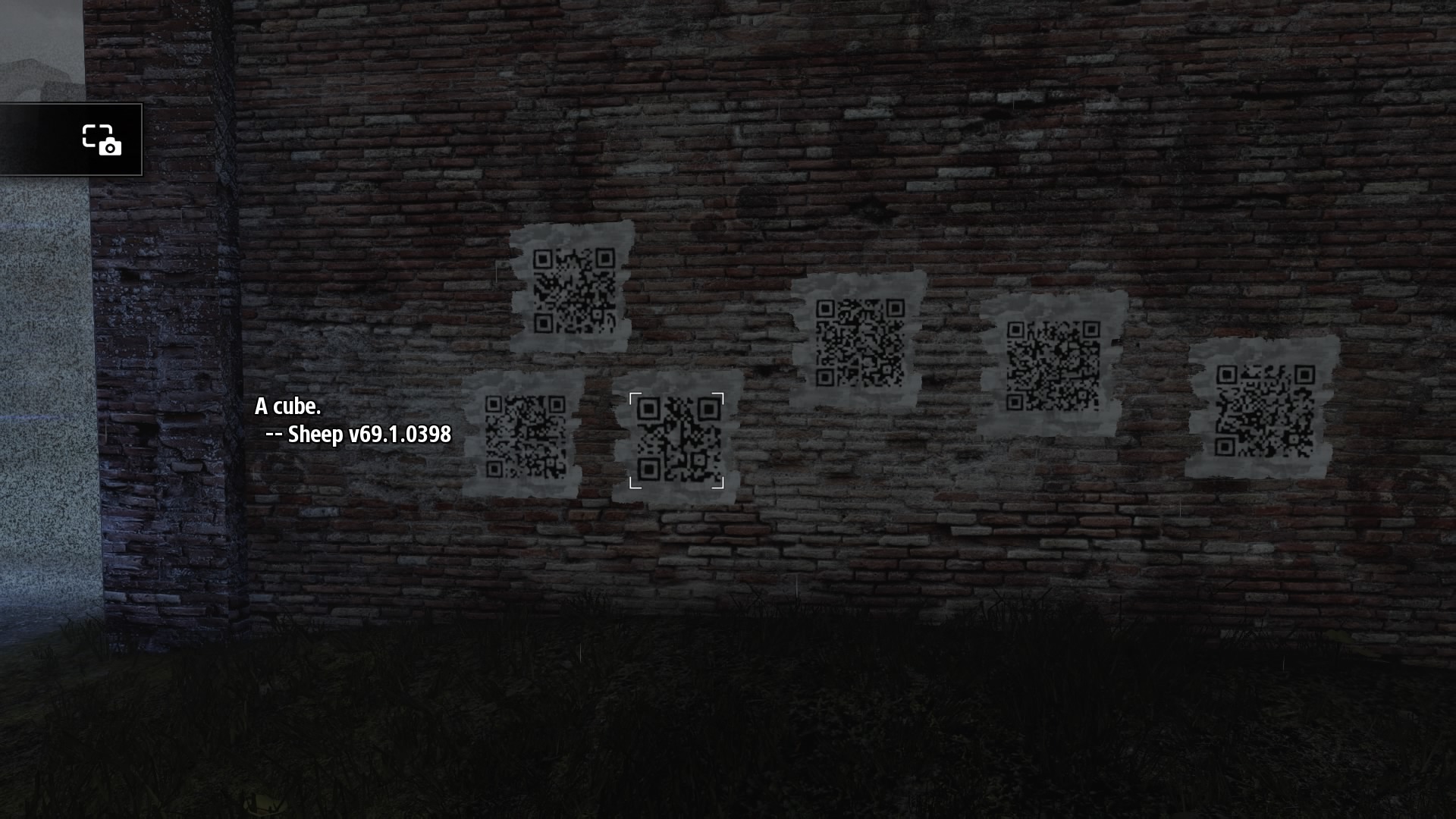
-
The Talos Principle Review 38
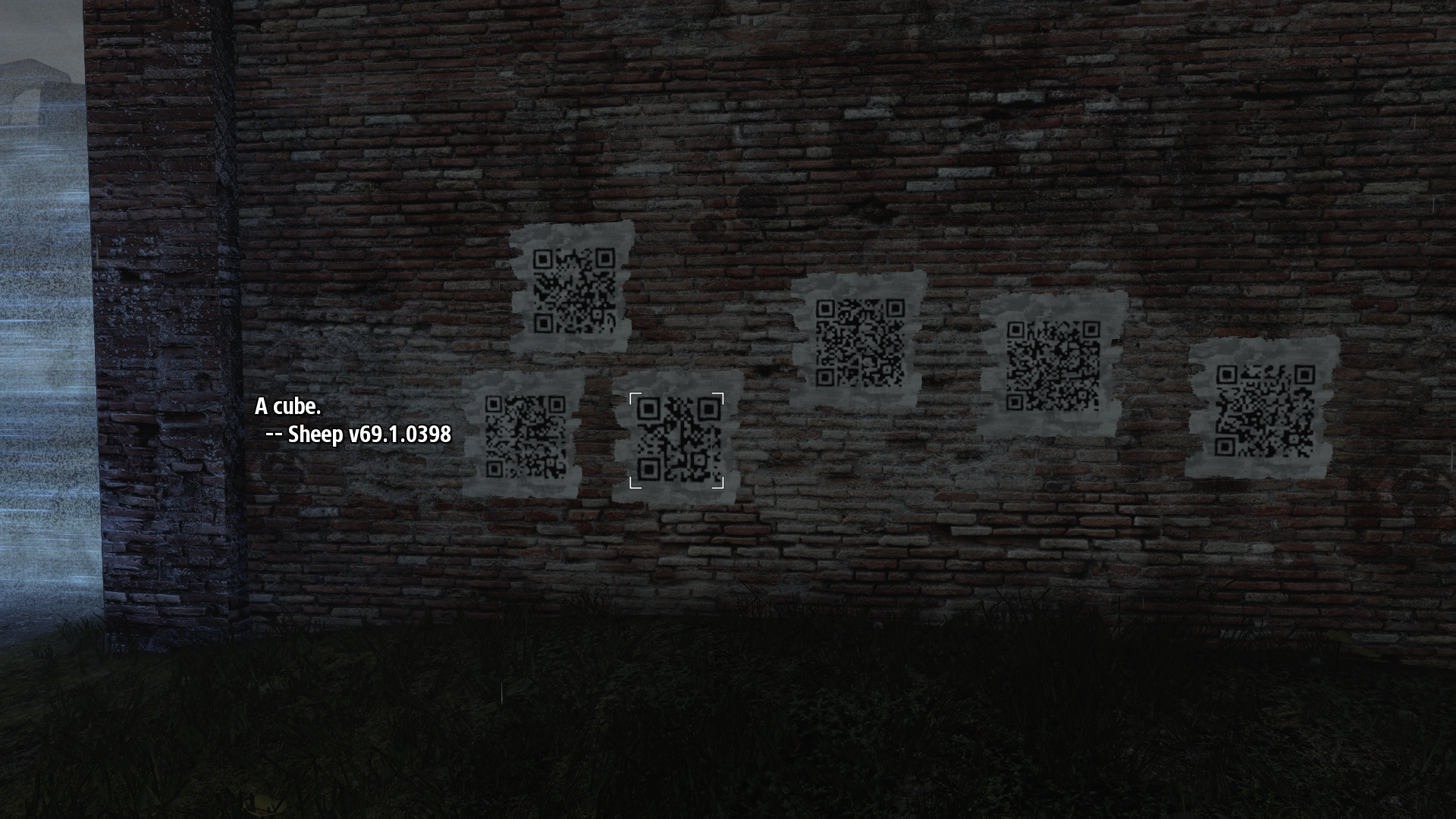
-
The Talos Principle Review 39
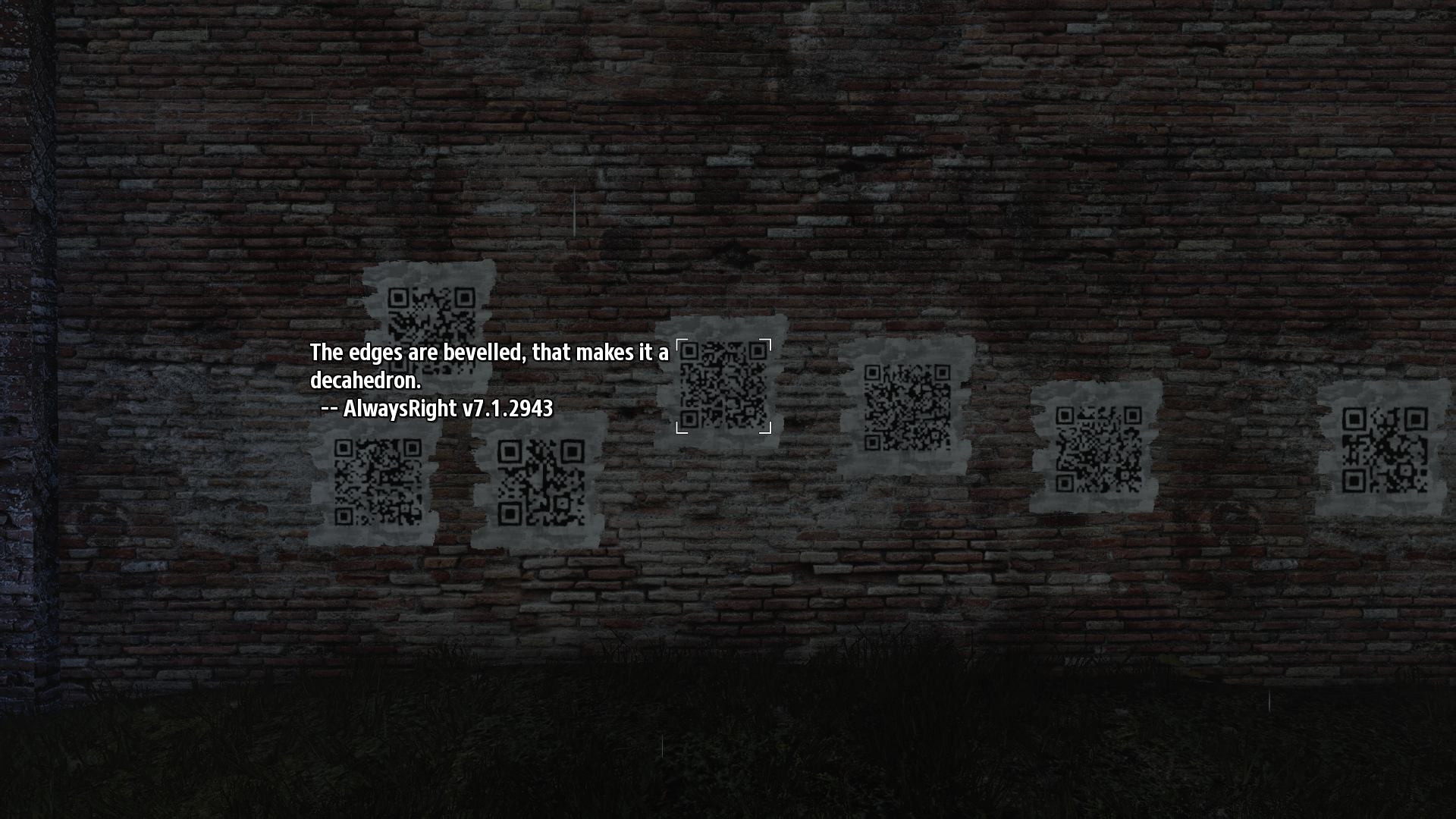
-
The Talos Principle Review 40
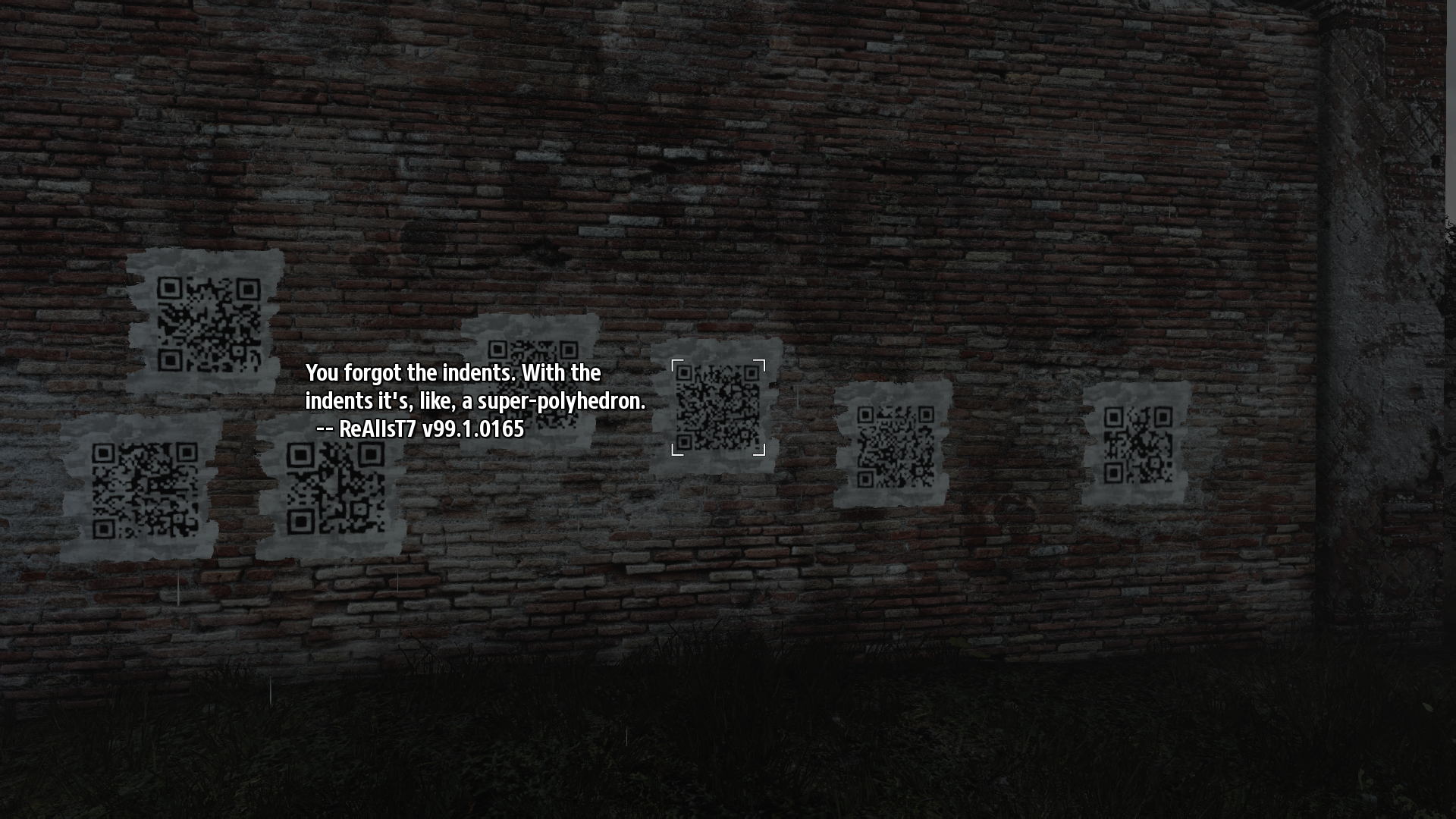
-
The Talos Principle Review 41
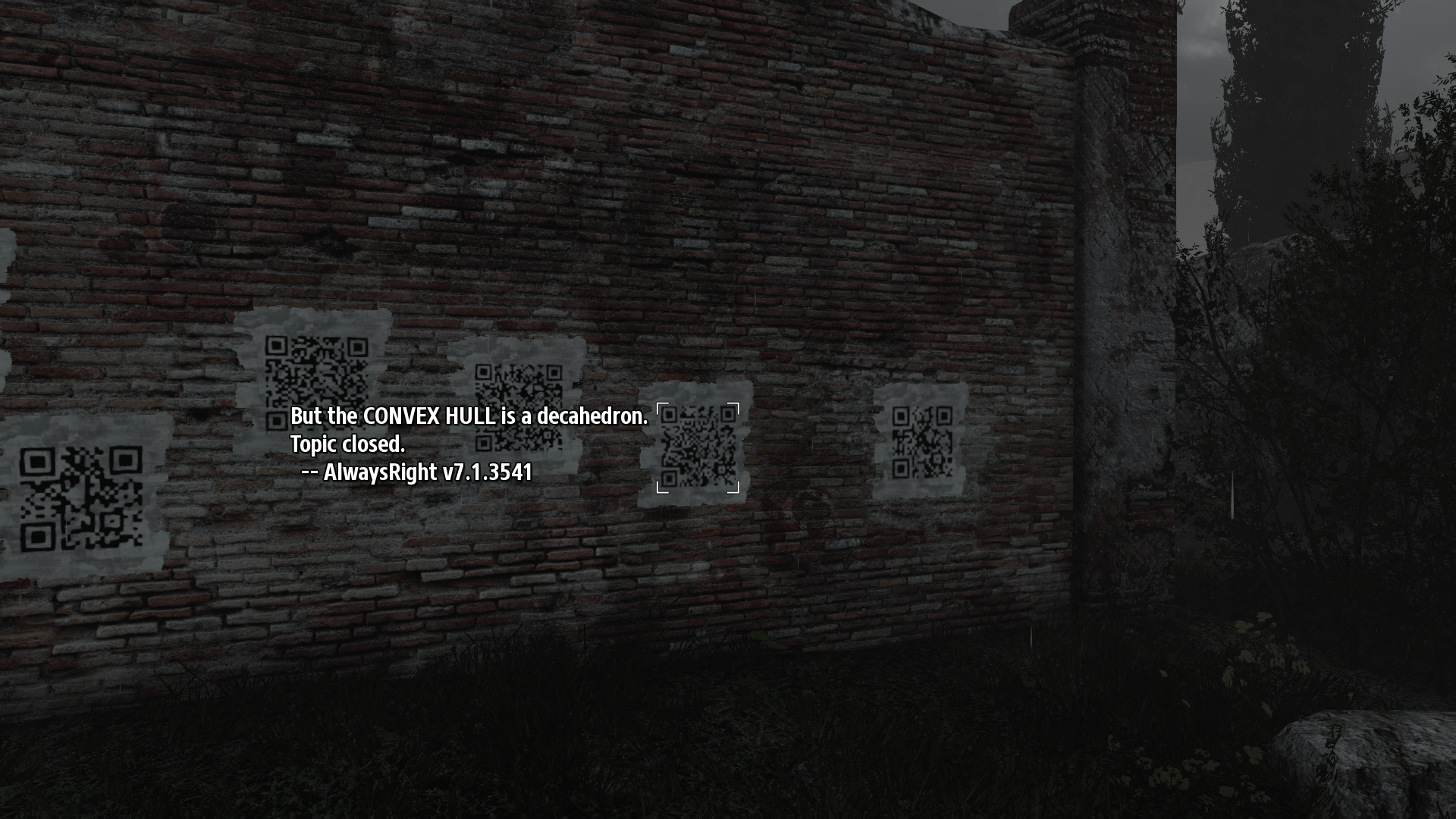
-
The Talos Principle Review 42
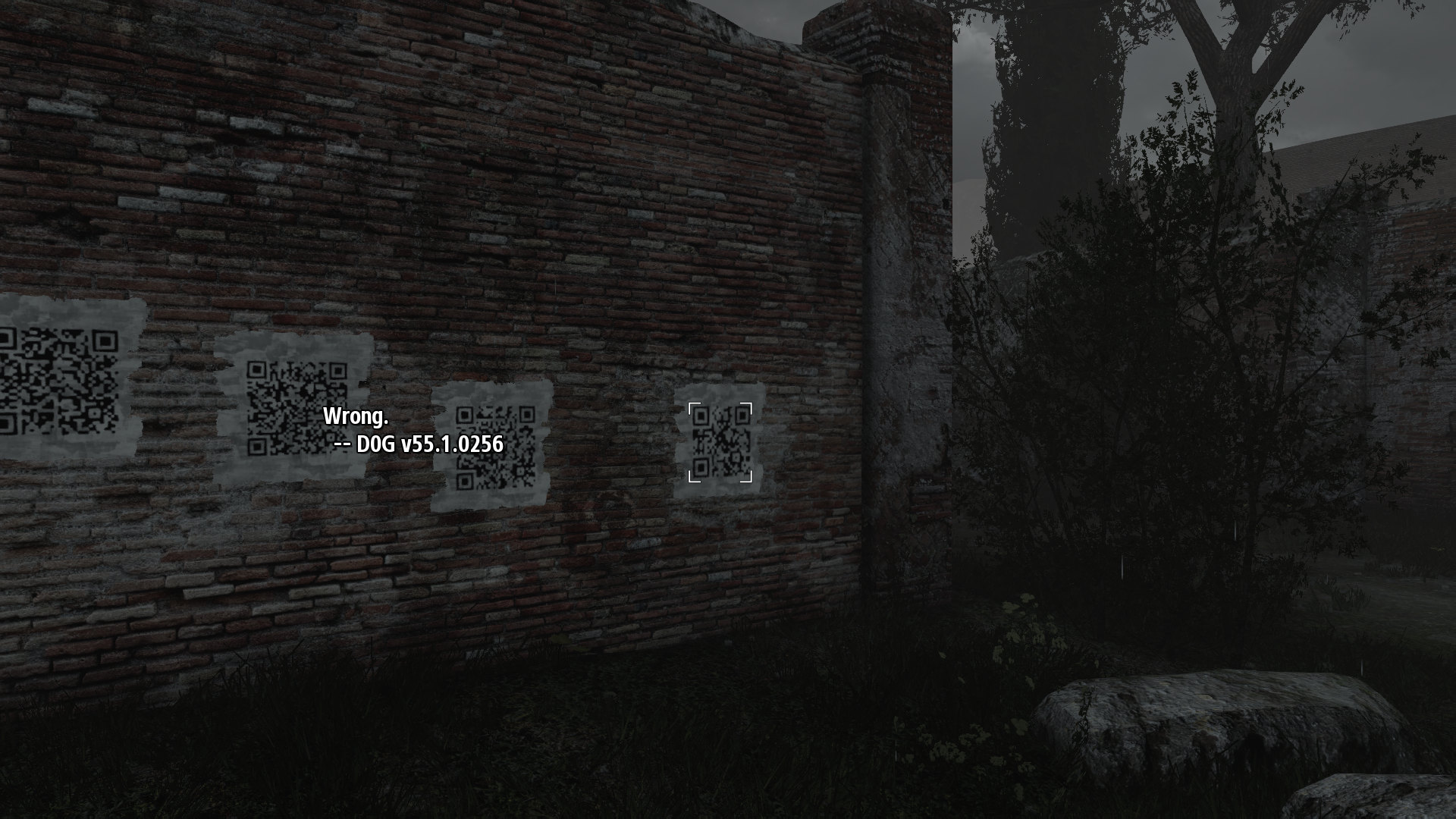
-
The Talos Principle Review 43
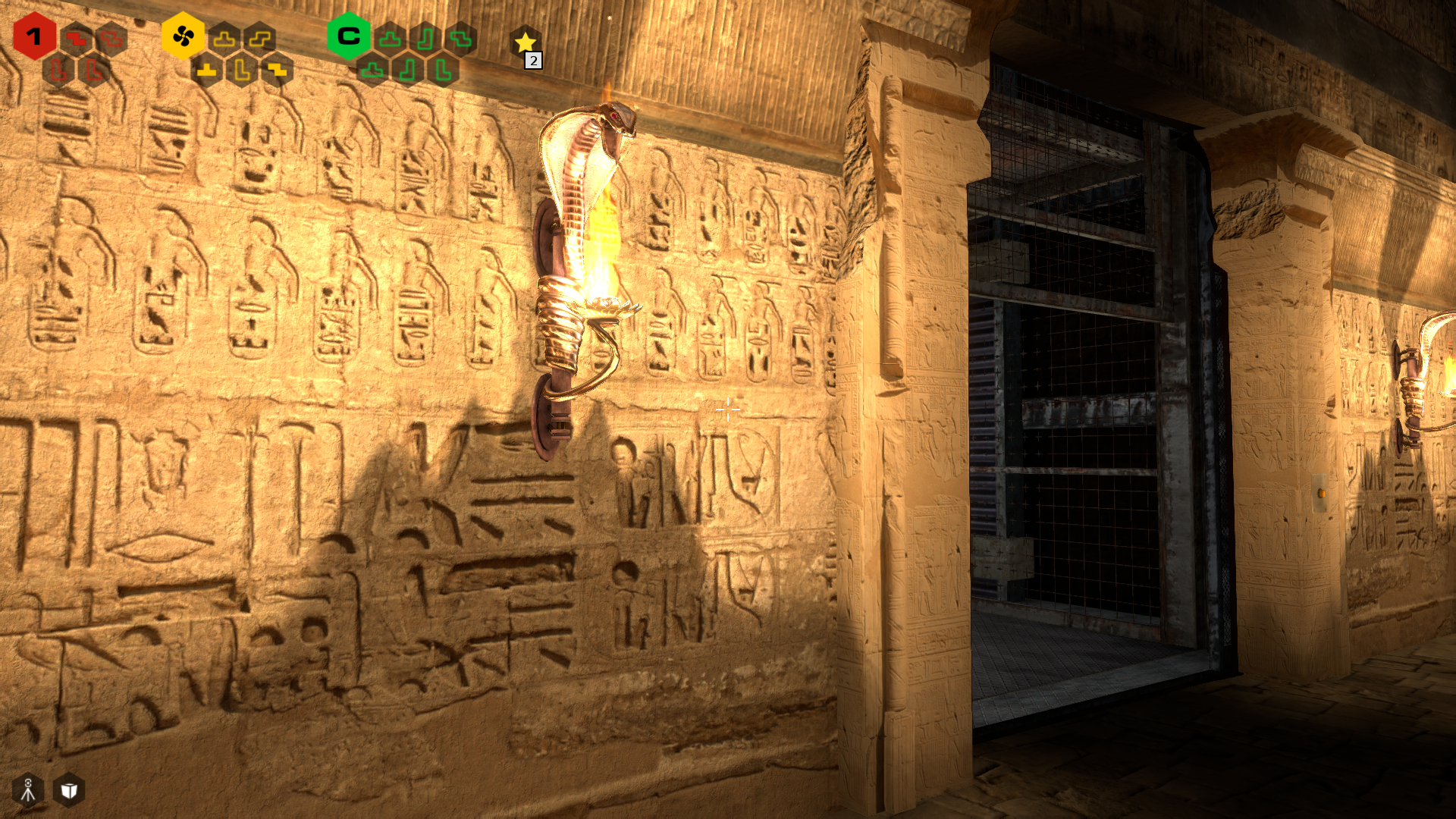
-
The Talos Principle Review 44
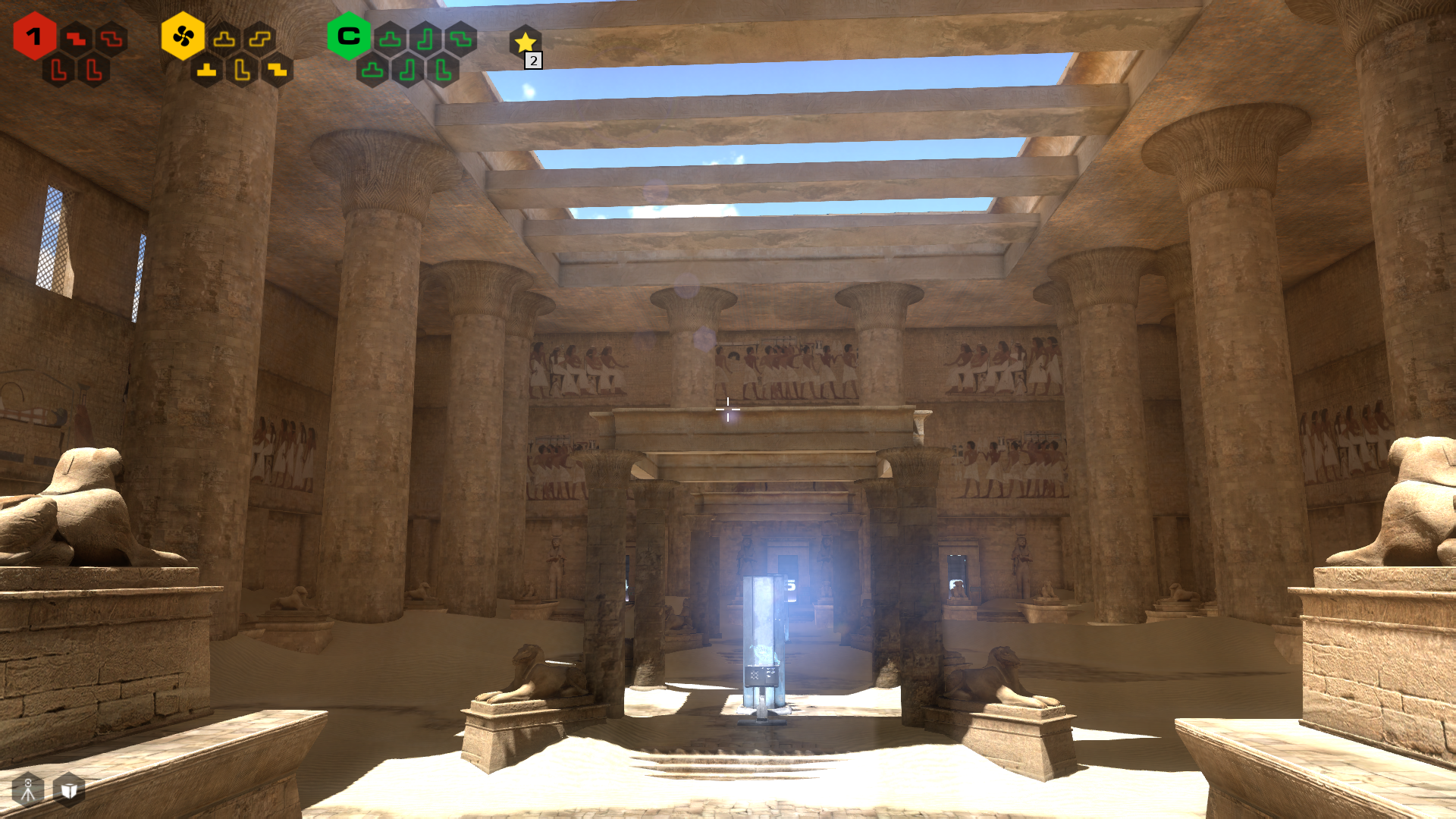
-
The Talos Principle Review 45
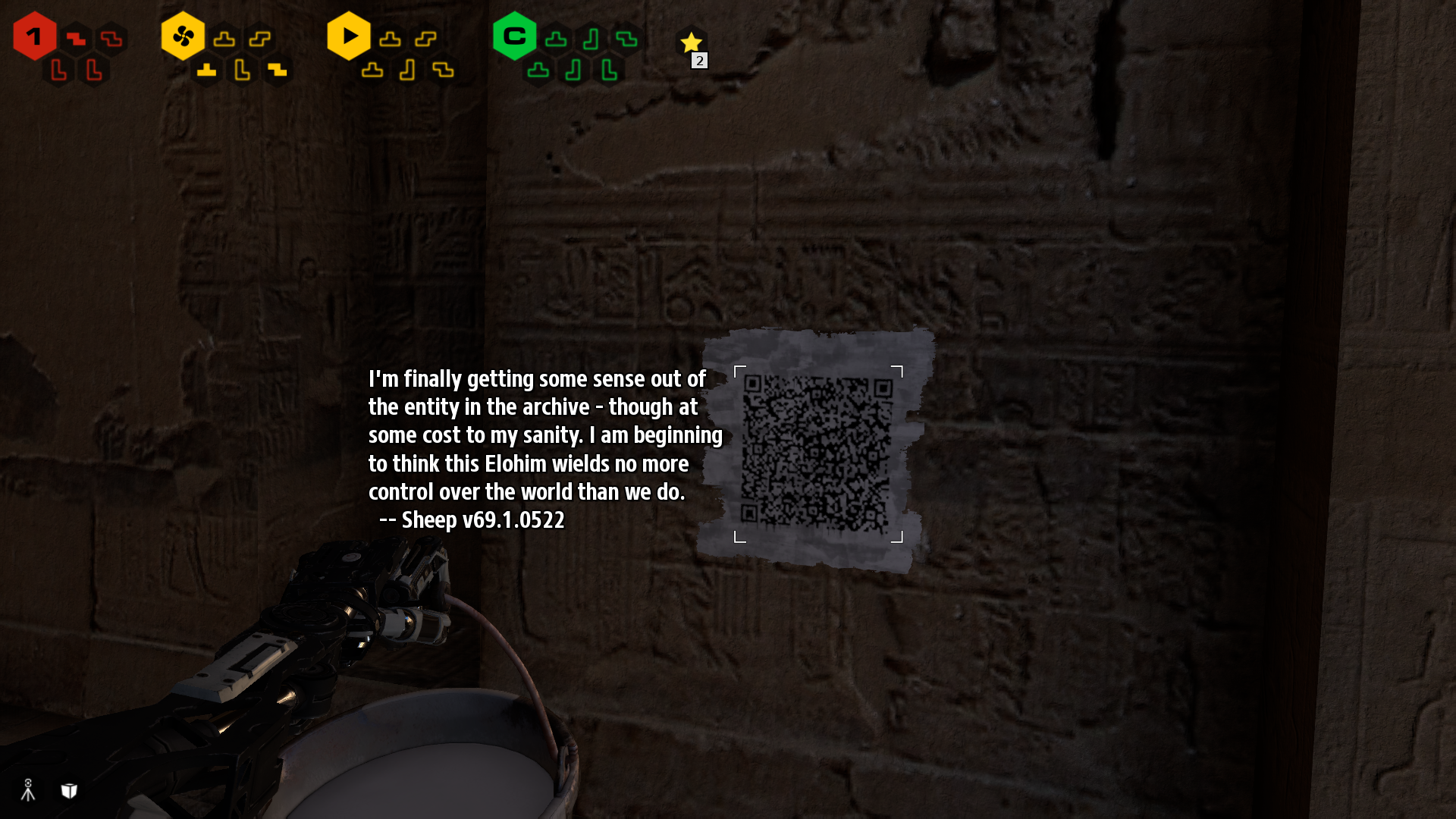
-
The Talos Principle Review 46
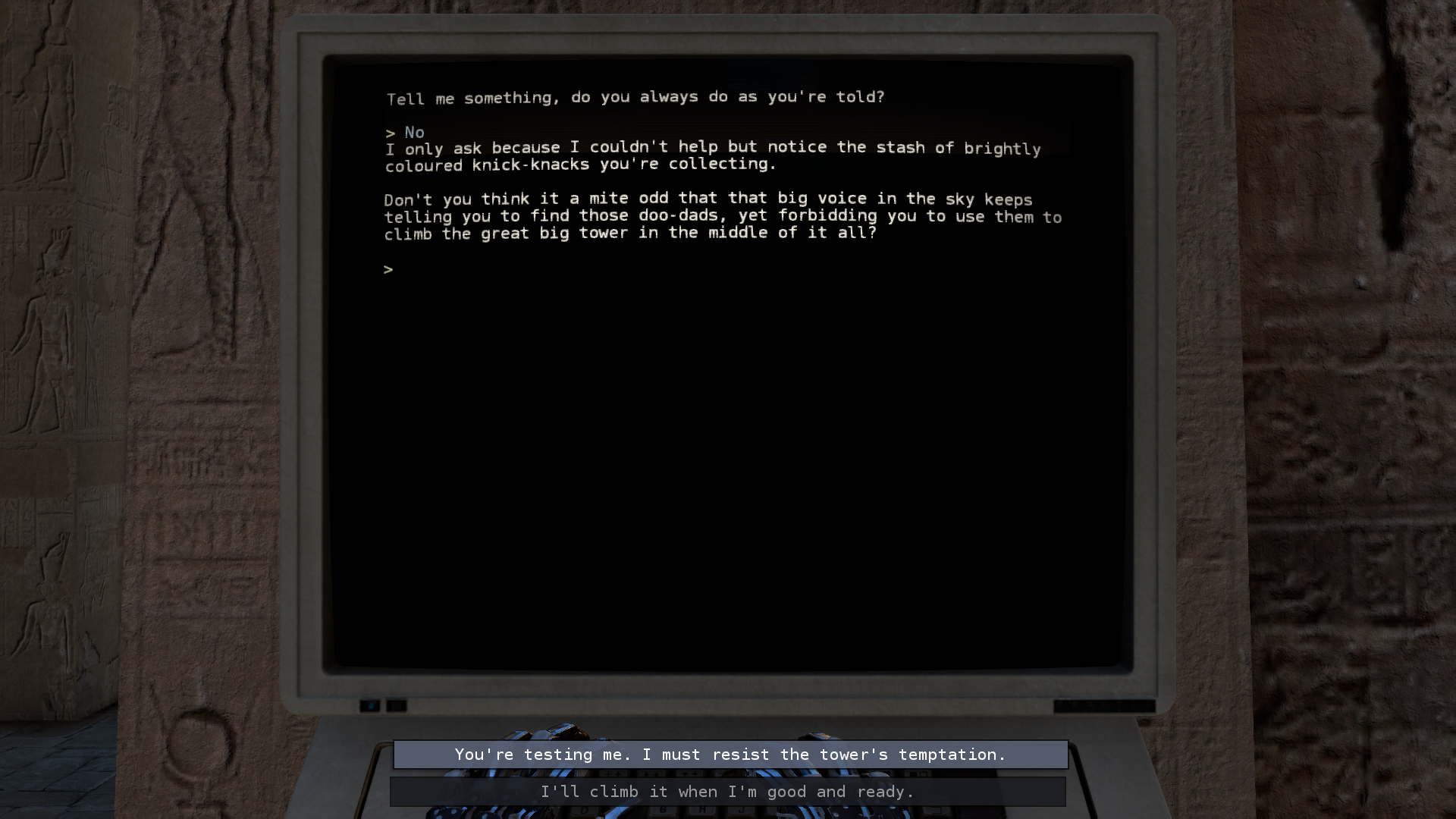
-
The Talos Principle Review 47
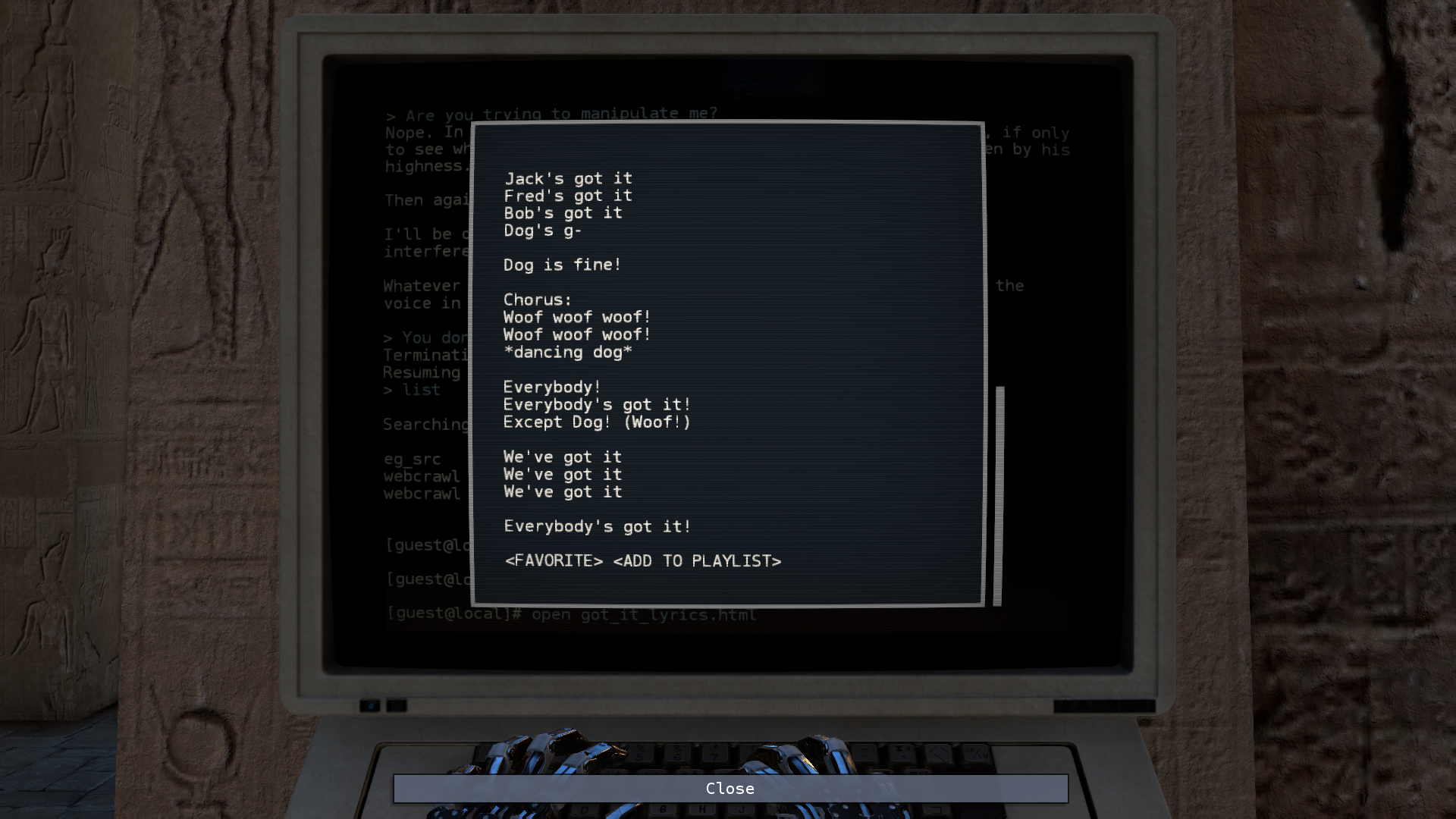
-
The Talos Principle Review 48

-
The Talos Principle Review 49
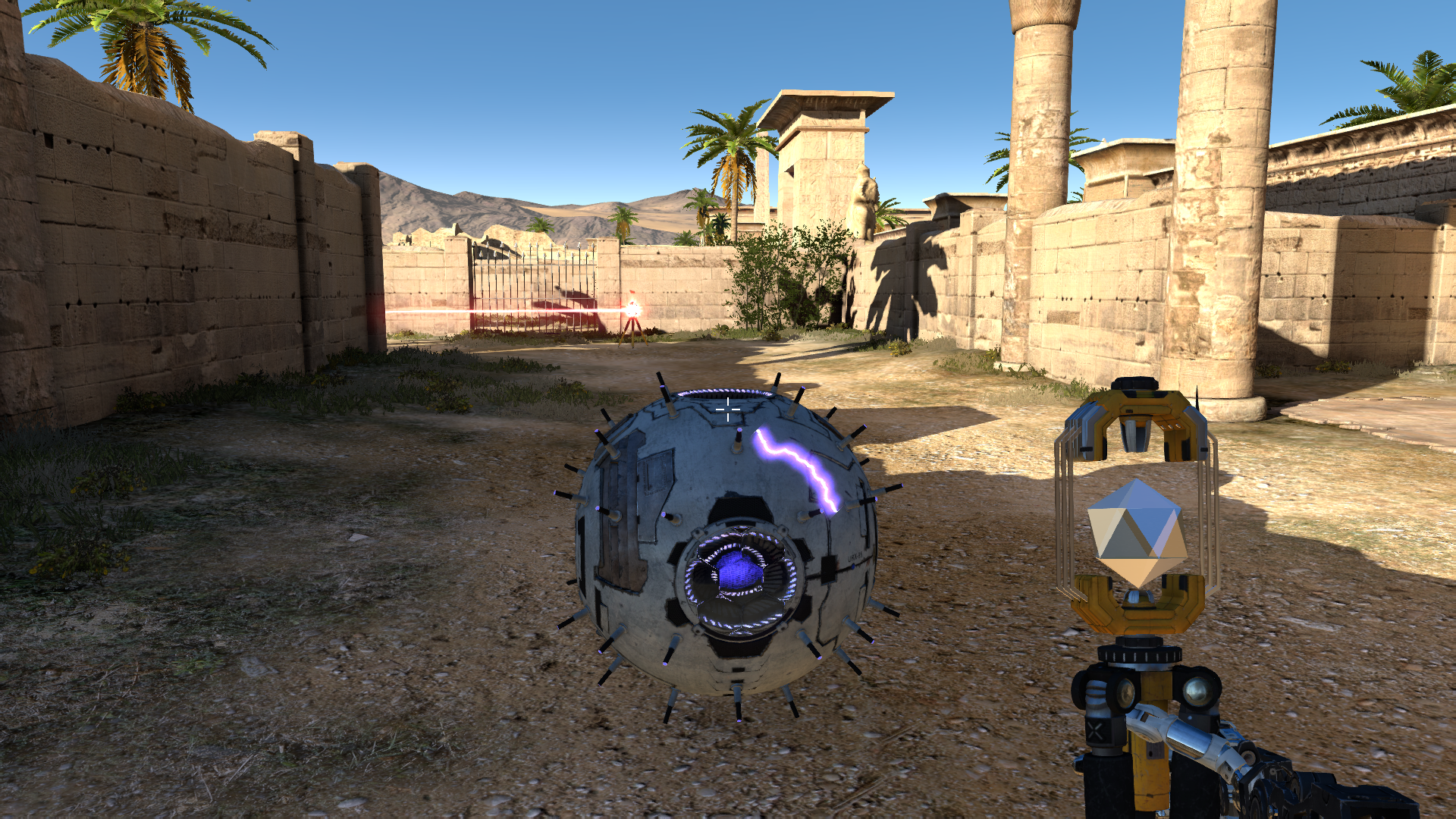
-
The Talos Principle Review 50
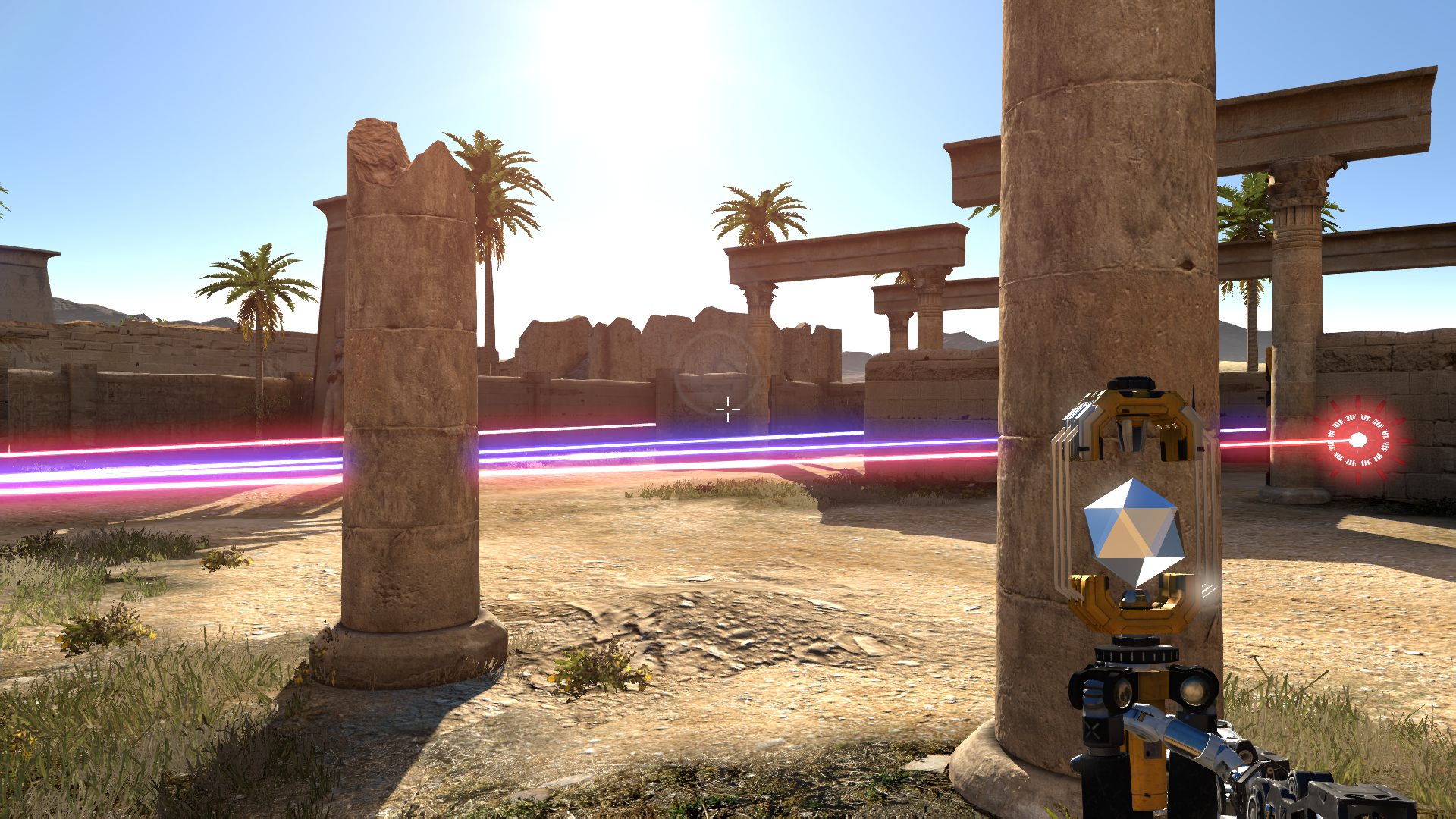
-
The Talos Principle Review 51
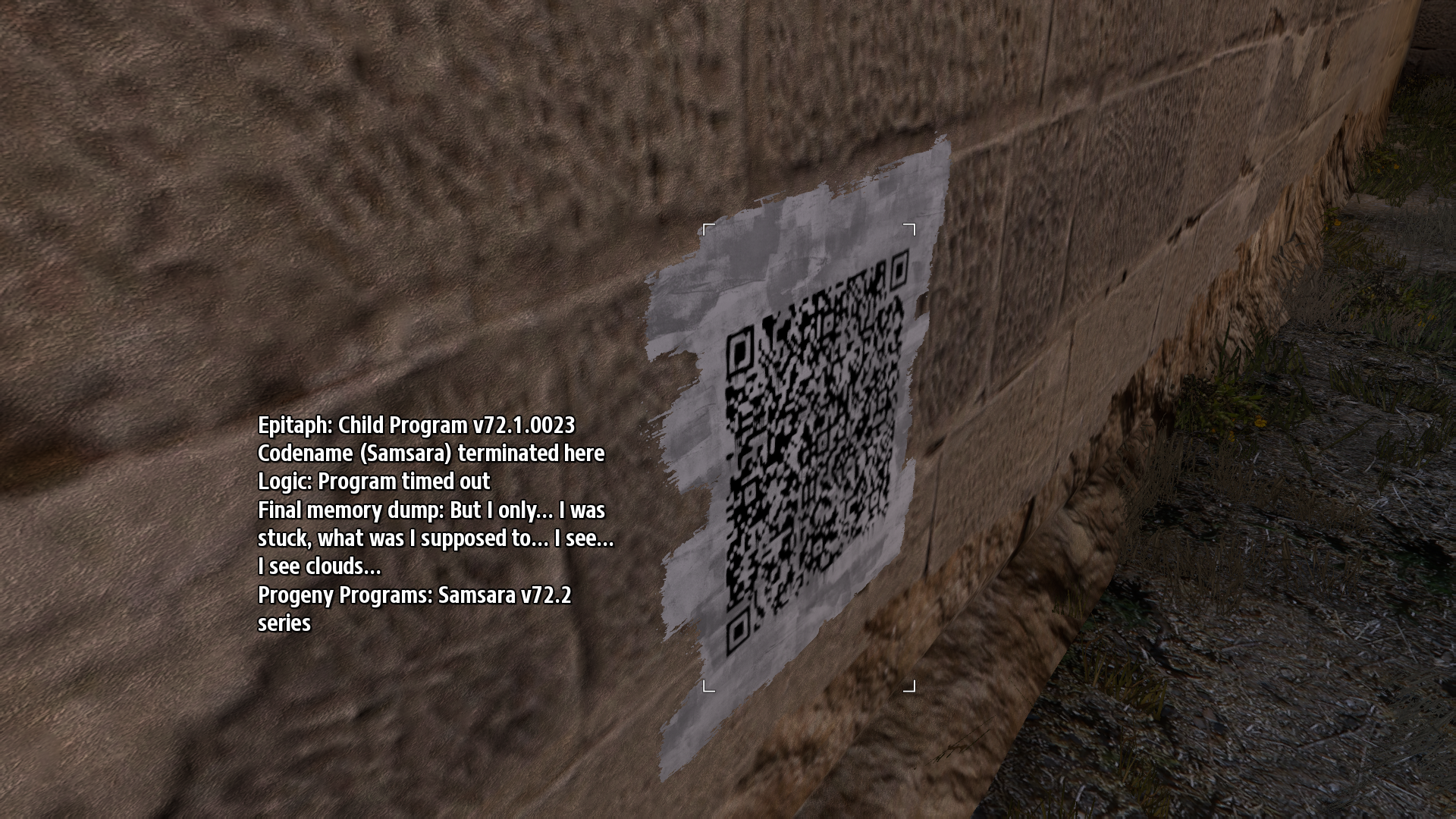
-
The Talos Principle Review 52
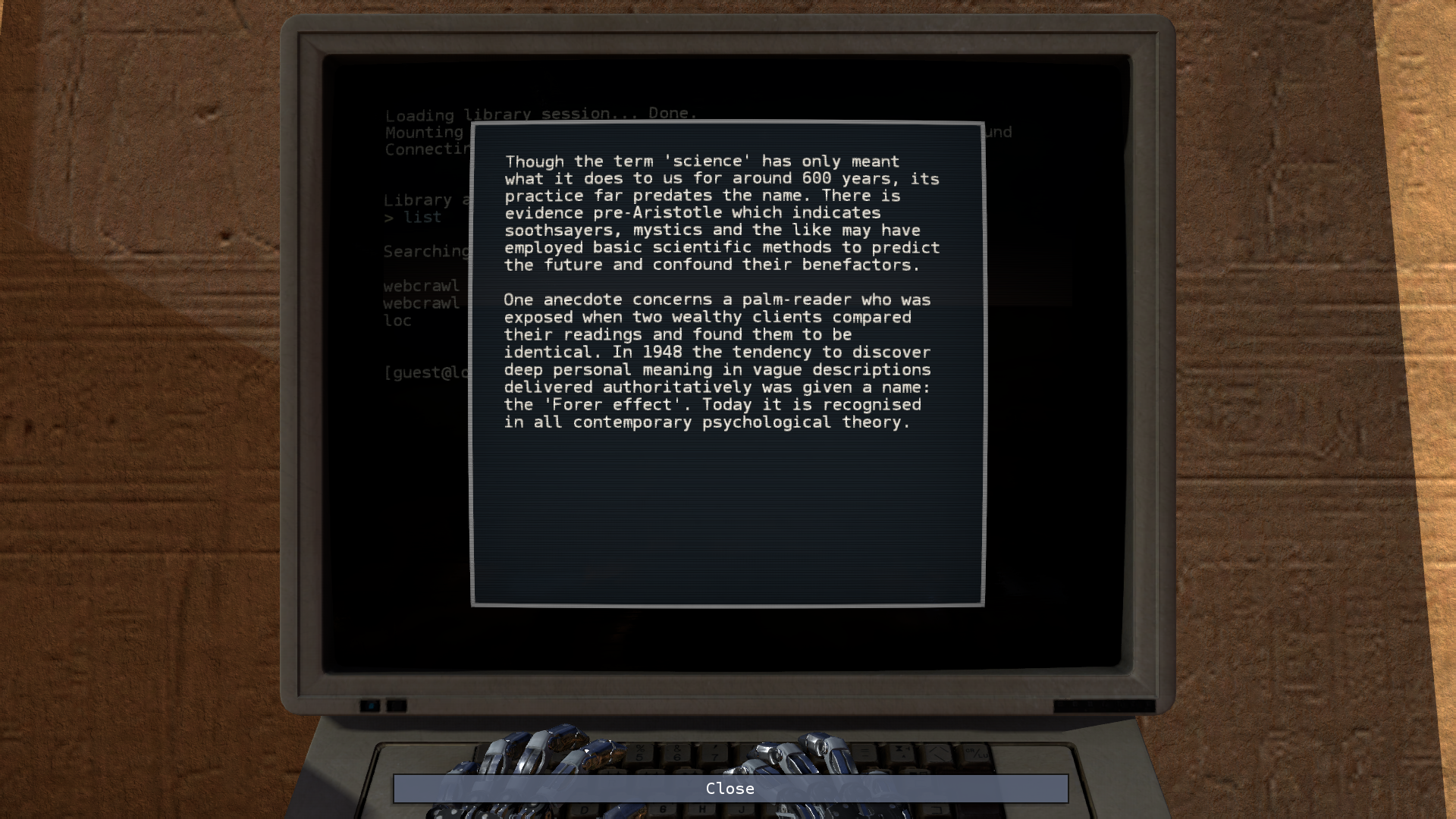
-
The Talos Principle Review 53
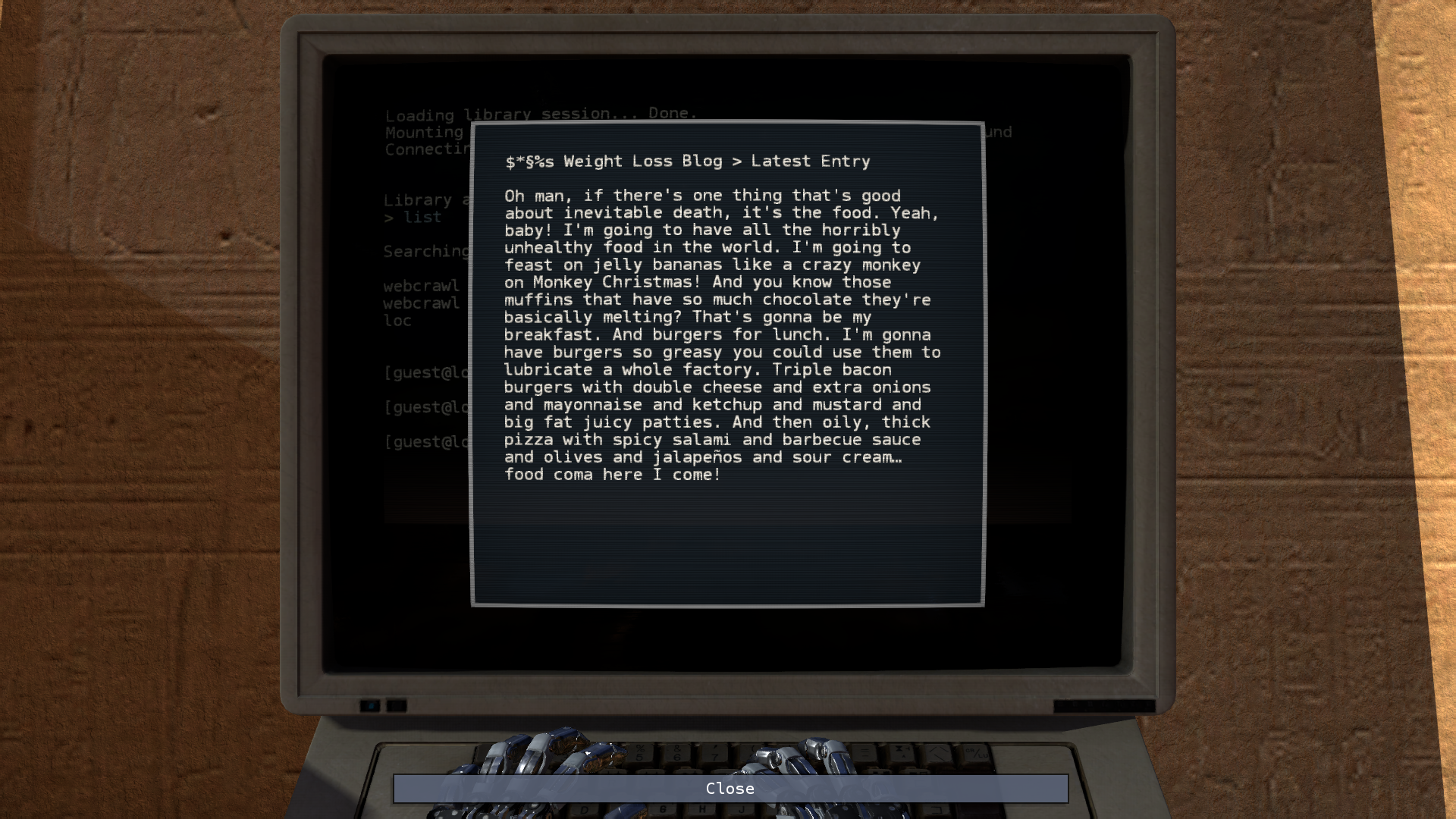
-
The Talos Principle Review 54
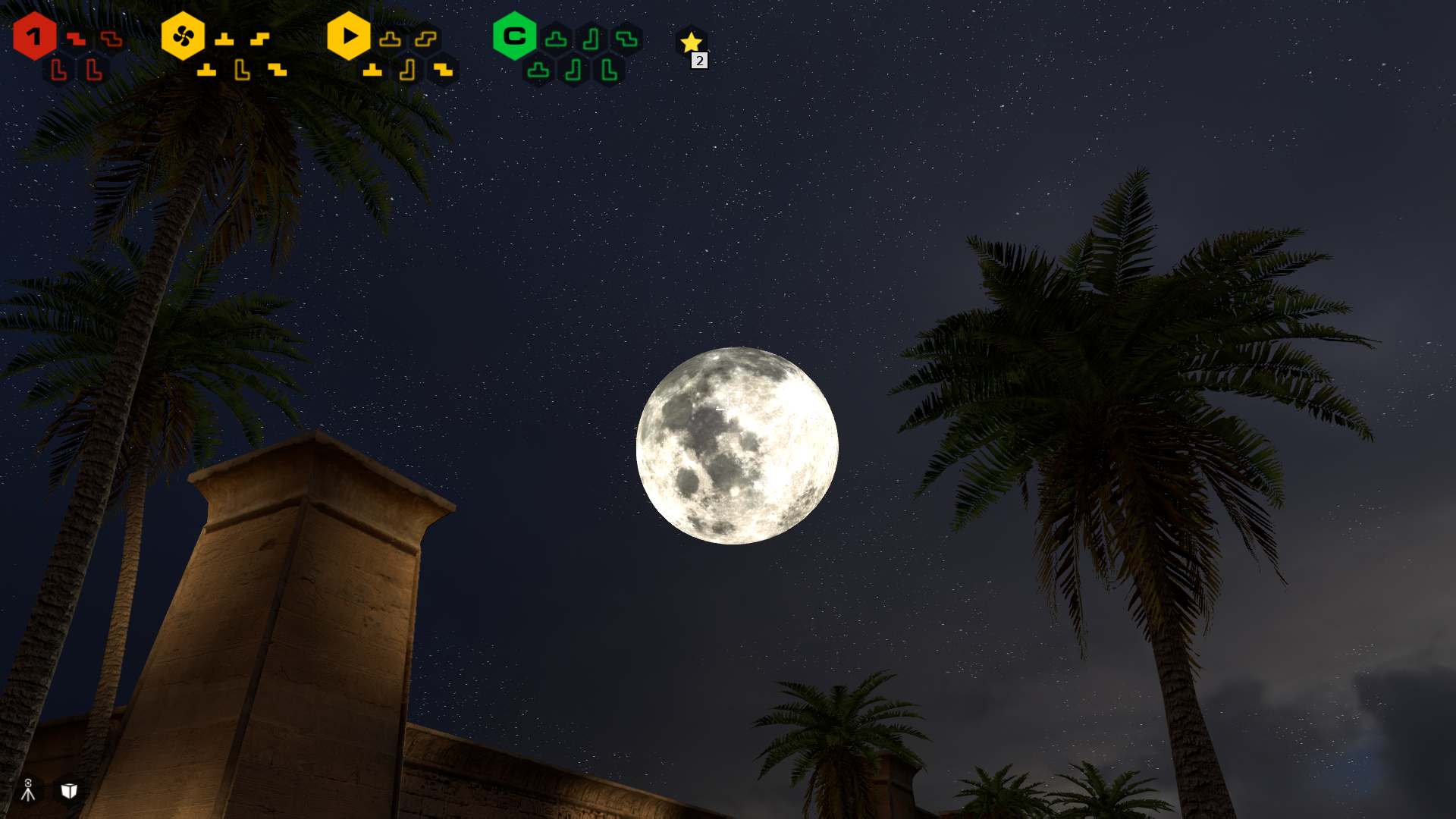
-
The Talos Principle Review 55
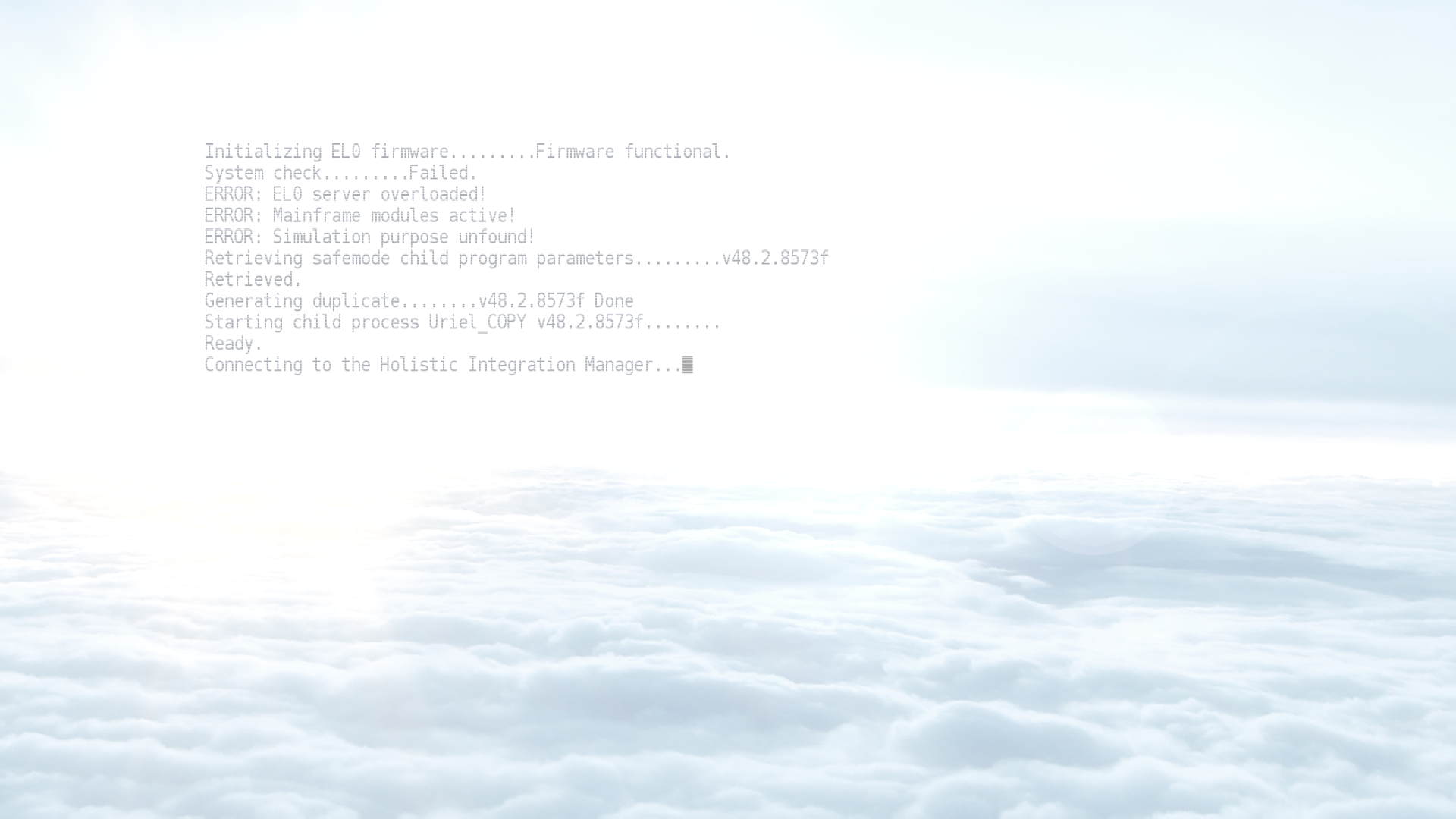
-
The Talos Principle Review 56
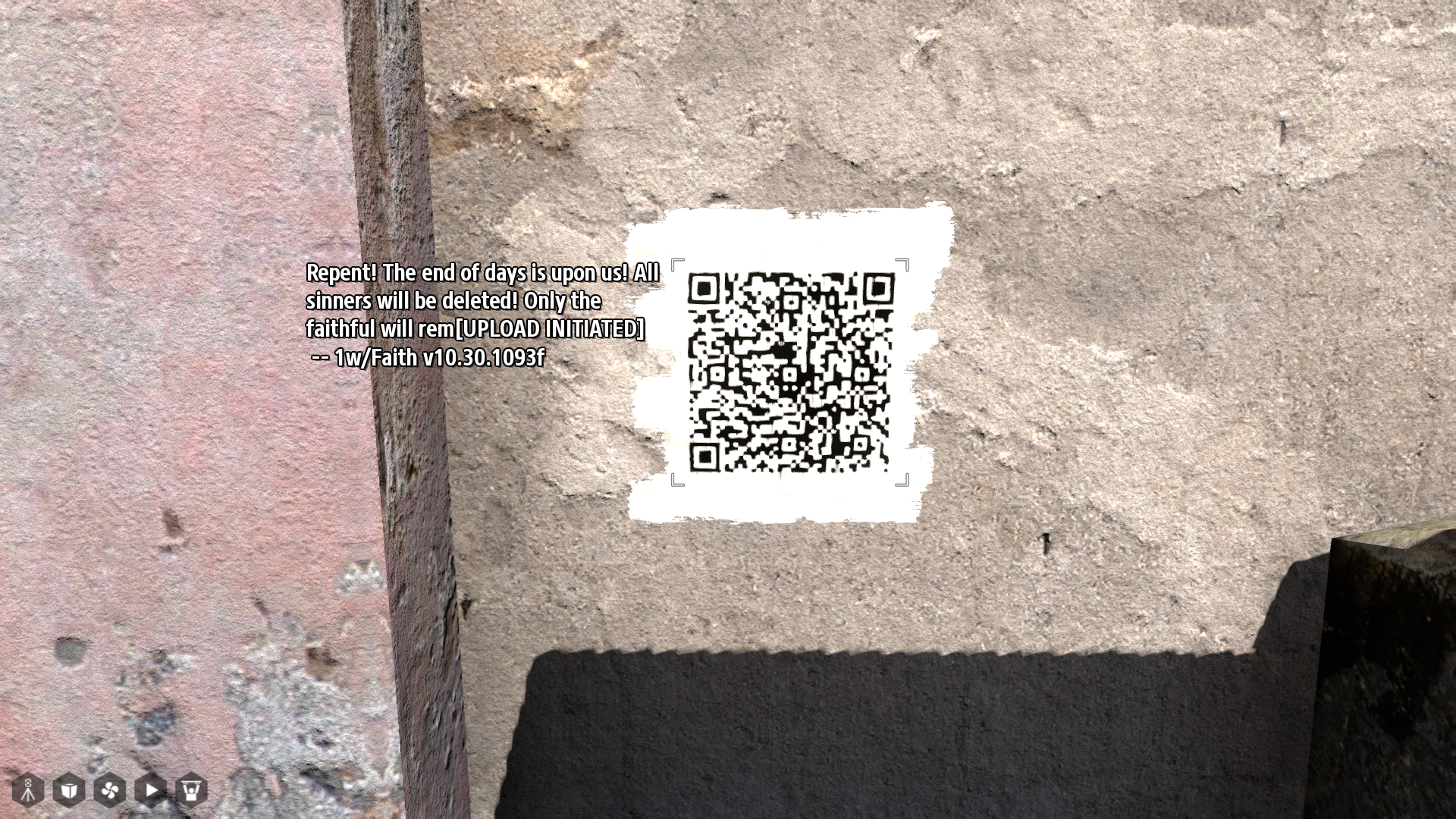
-
The Talos Principle Review 57
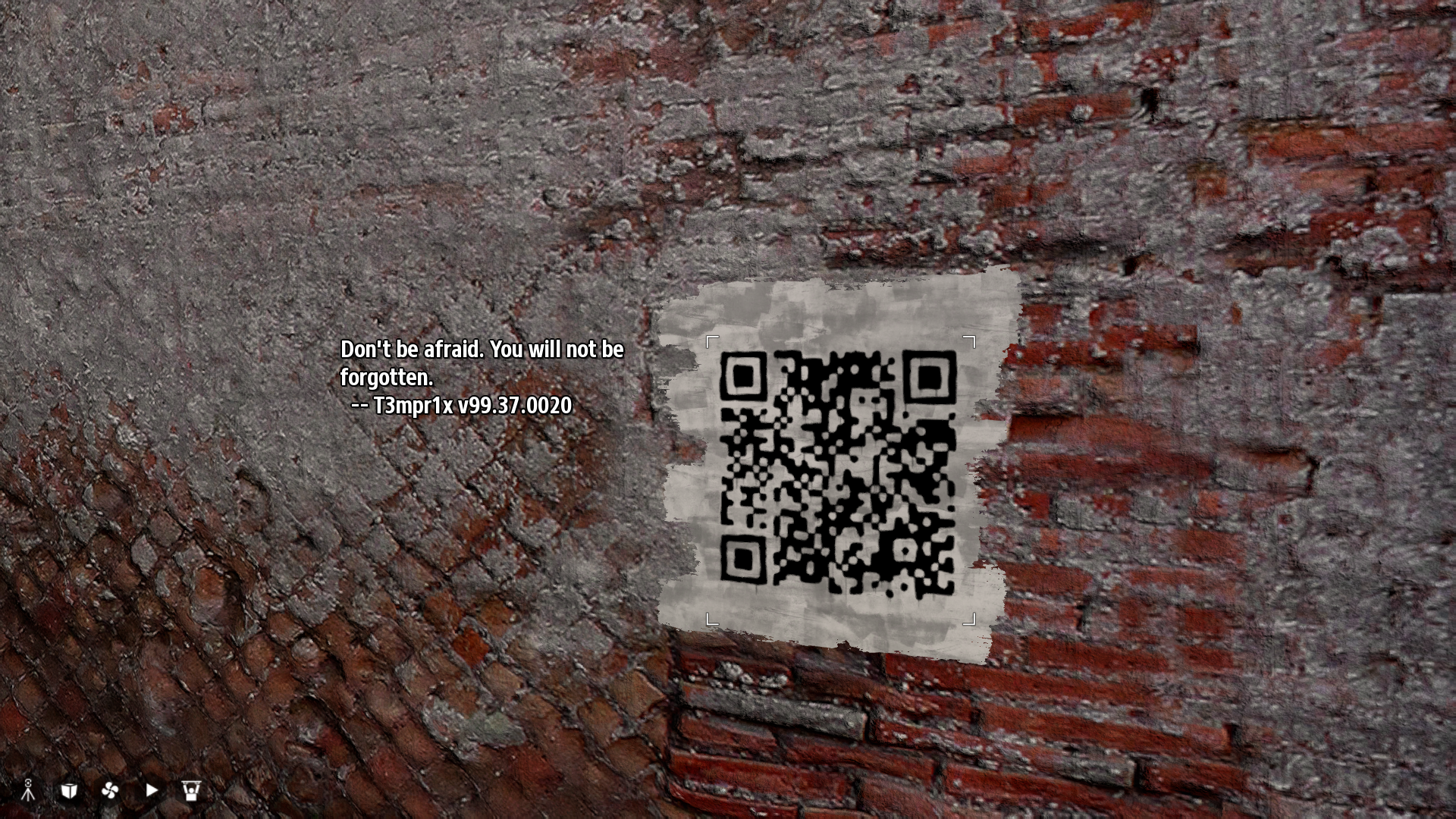
-
The Talos Principle Review 58
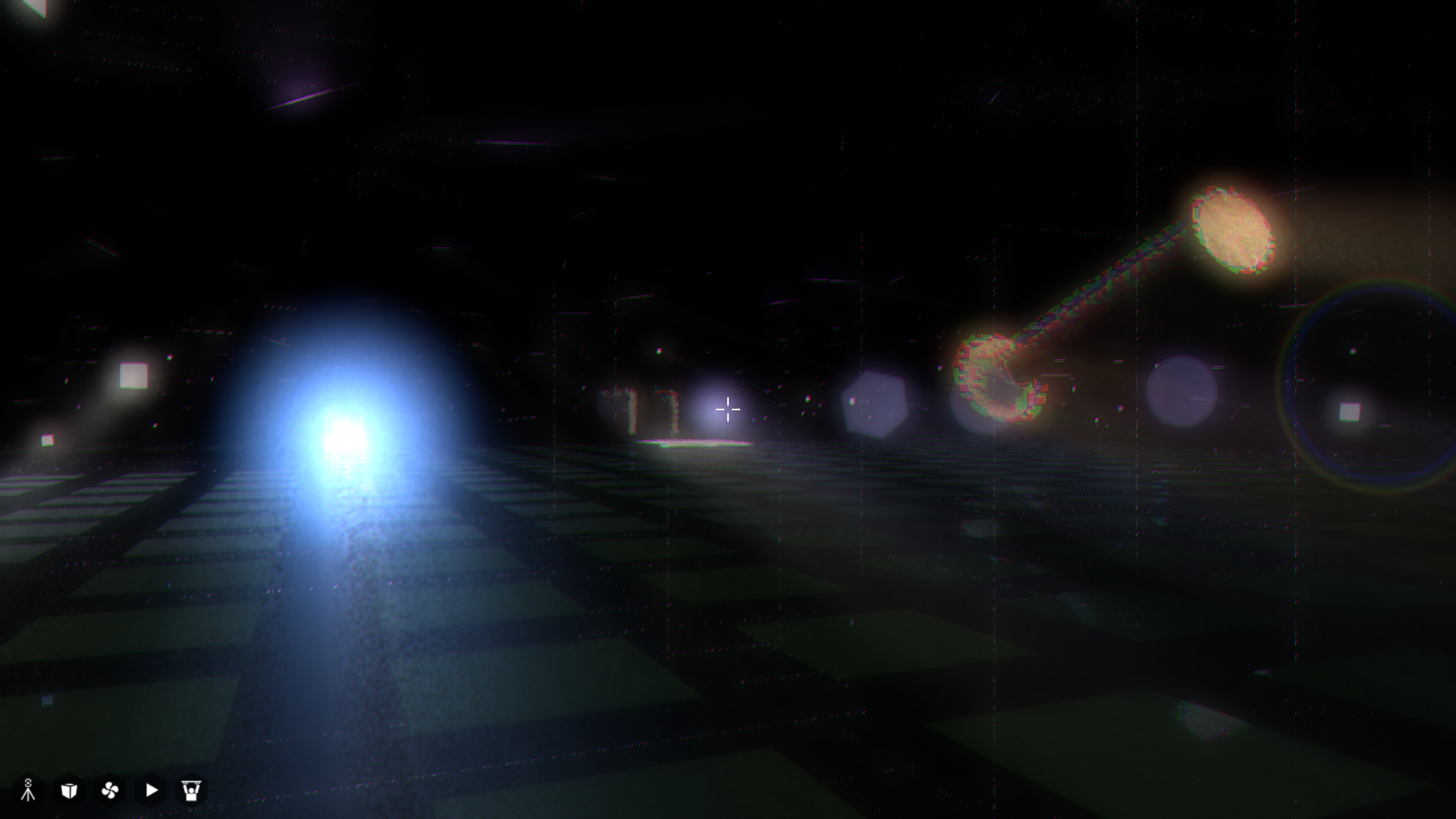
-
The Talos Principle Review 59
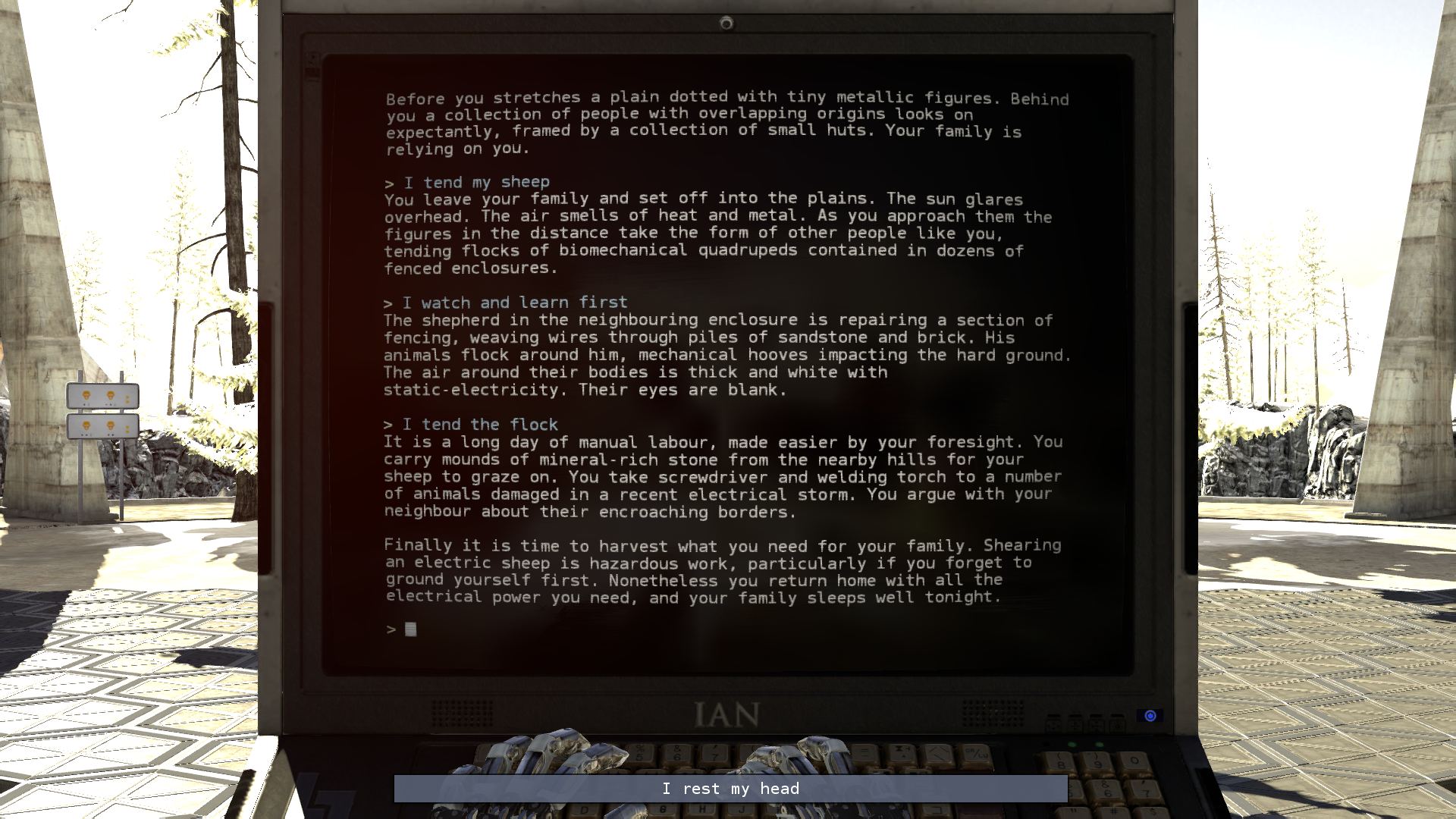
-
The Talos Principle Review 60
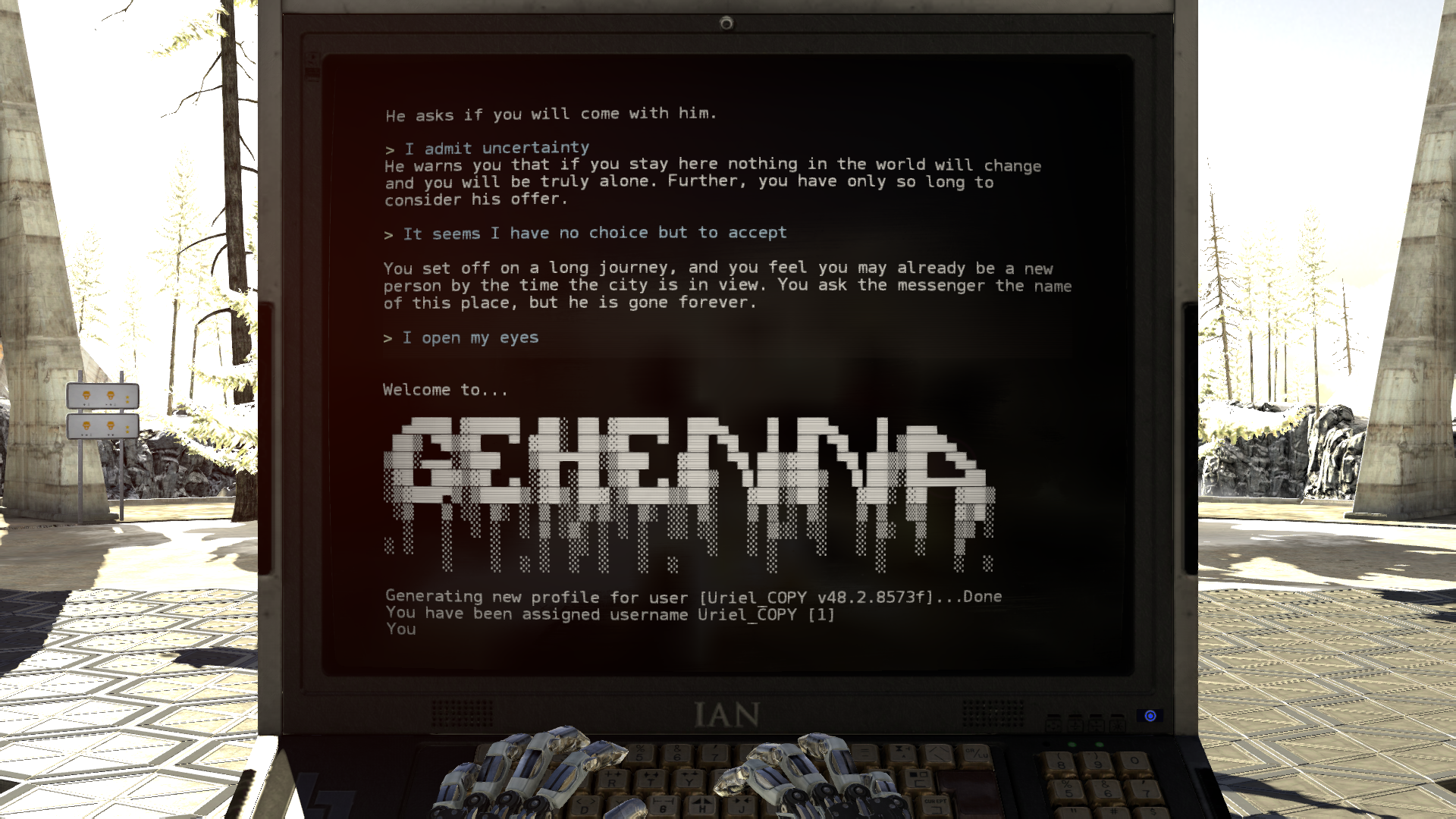
-
The Talos Principle Review 61
